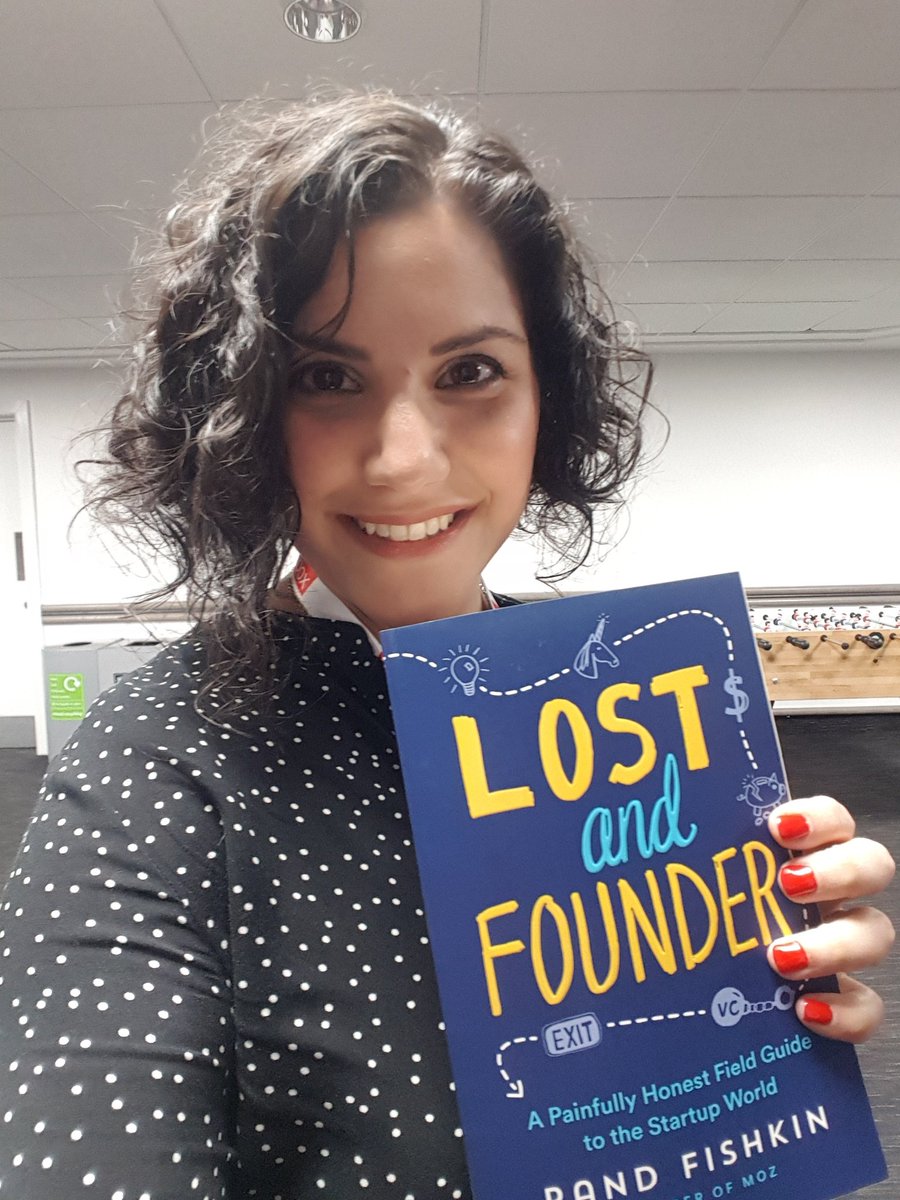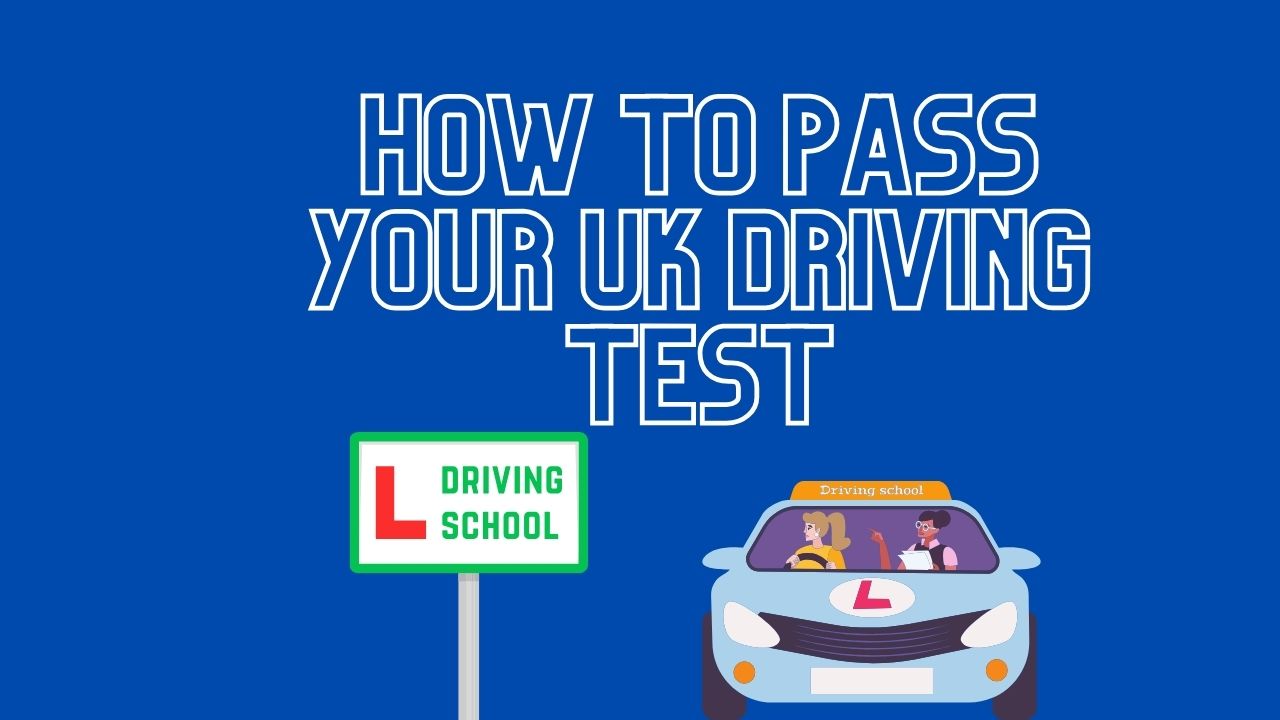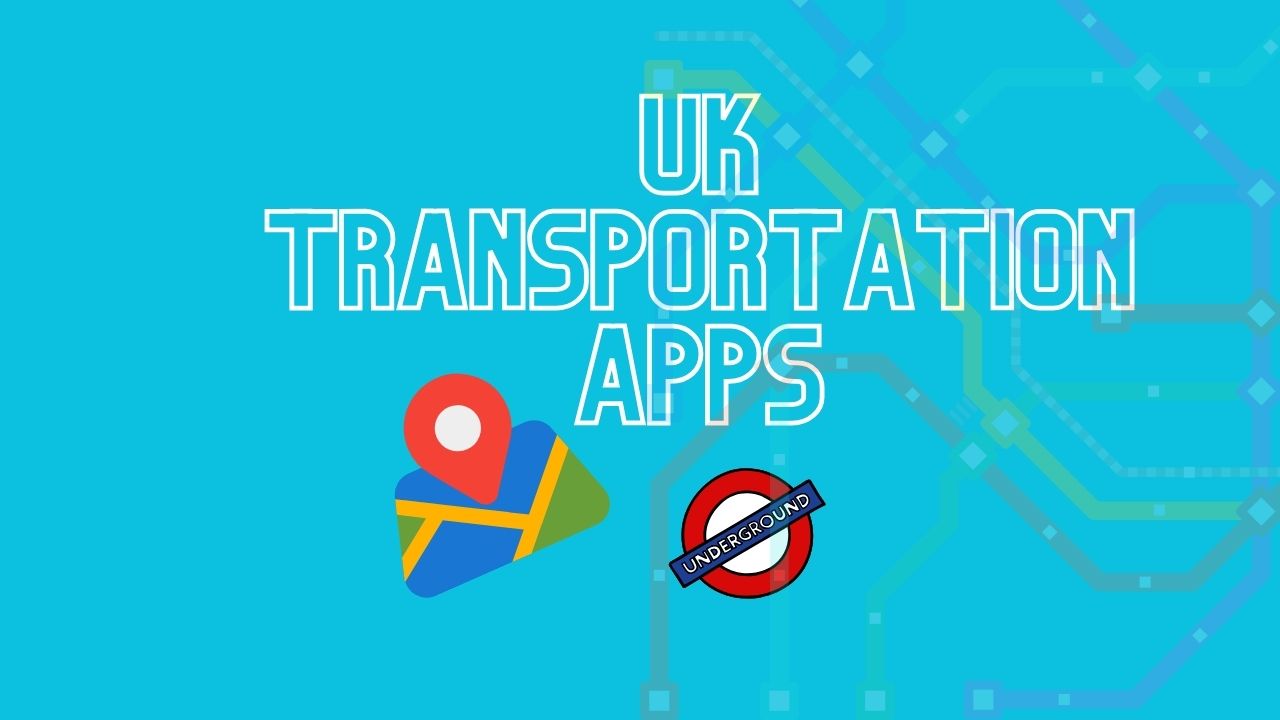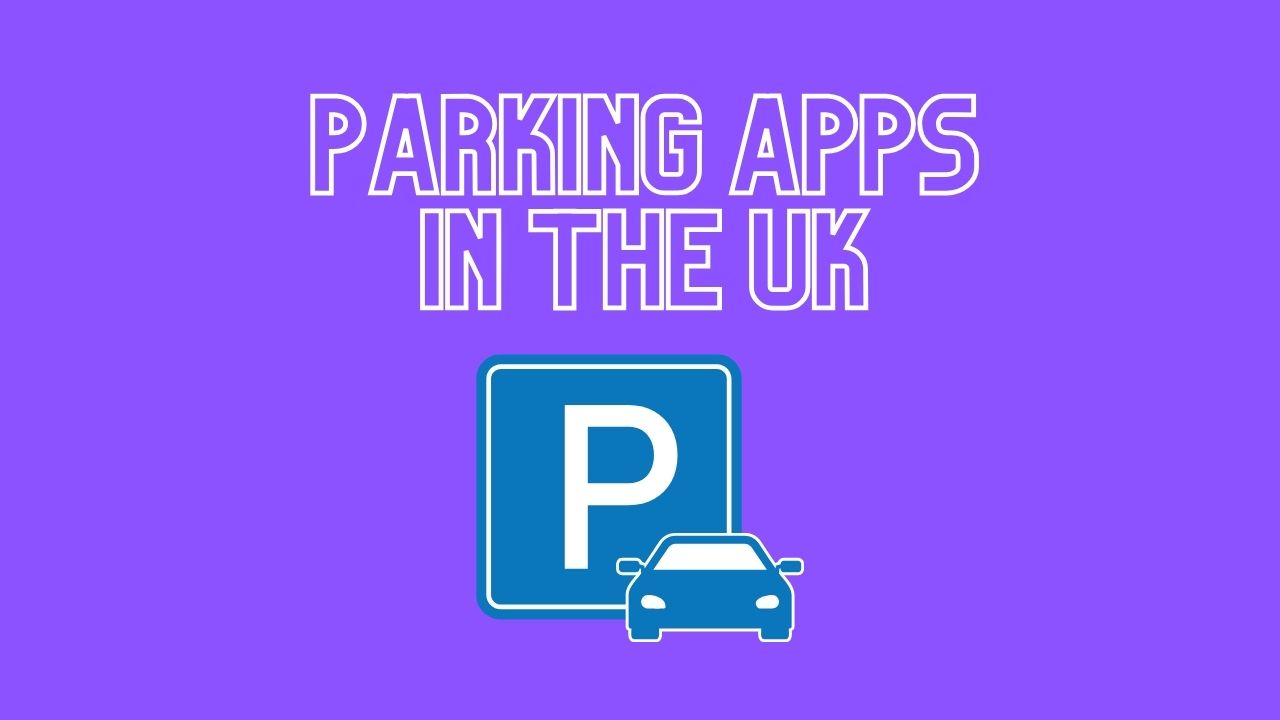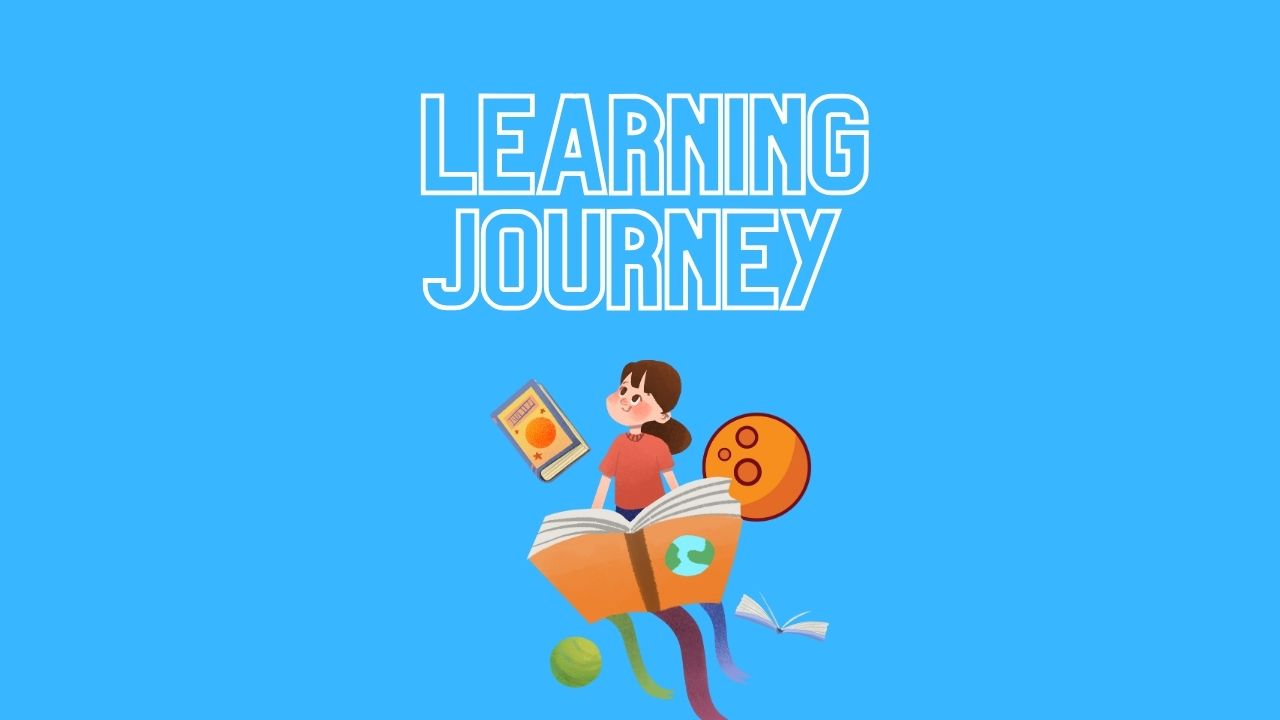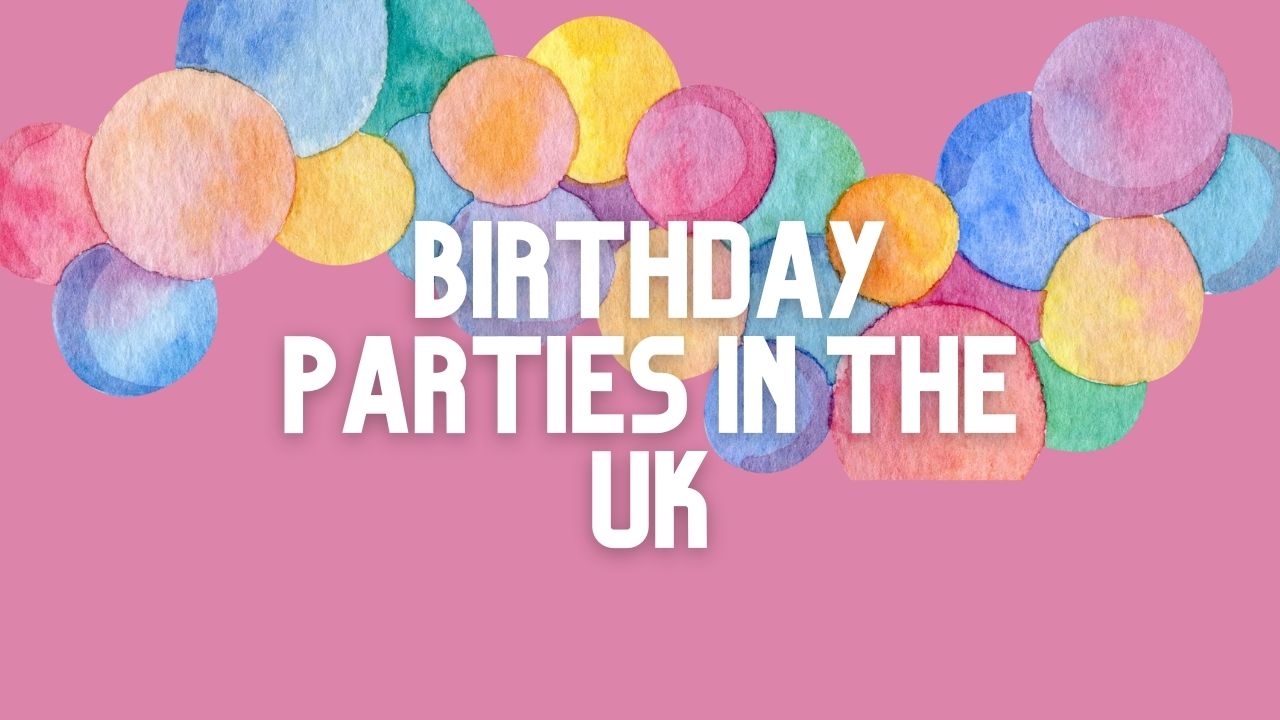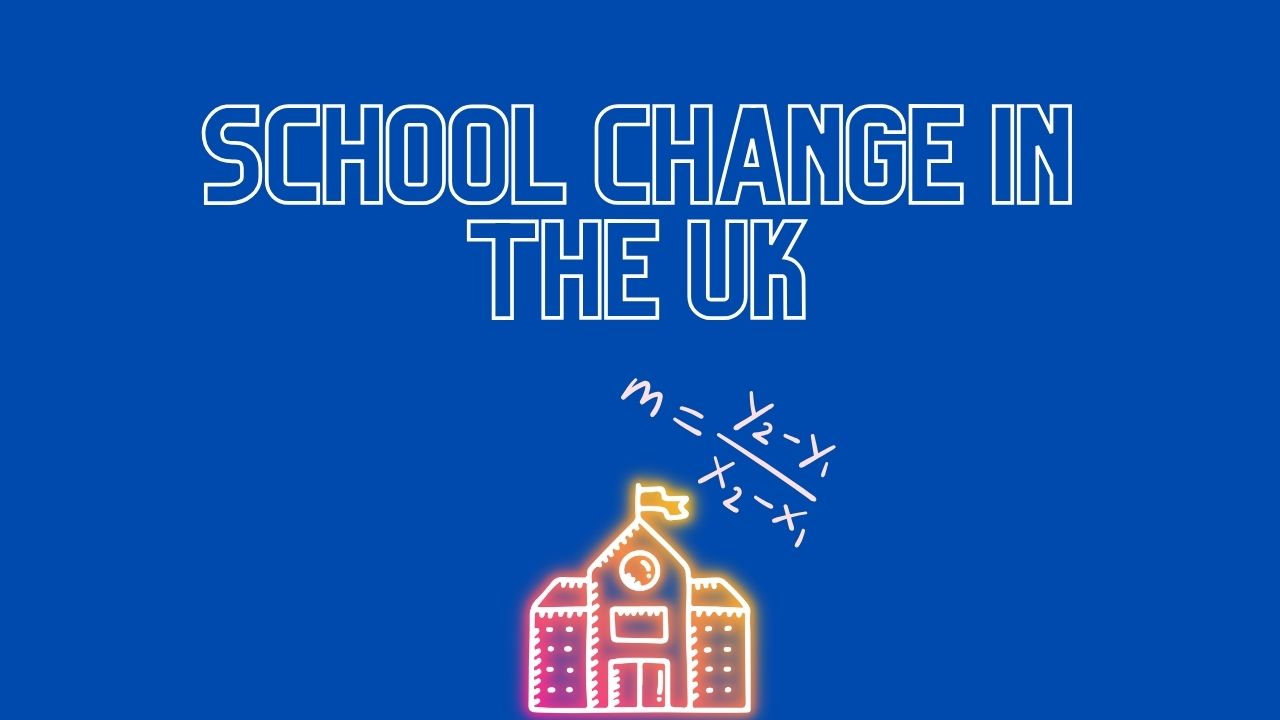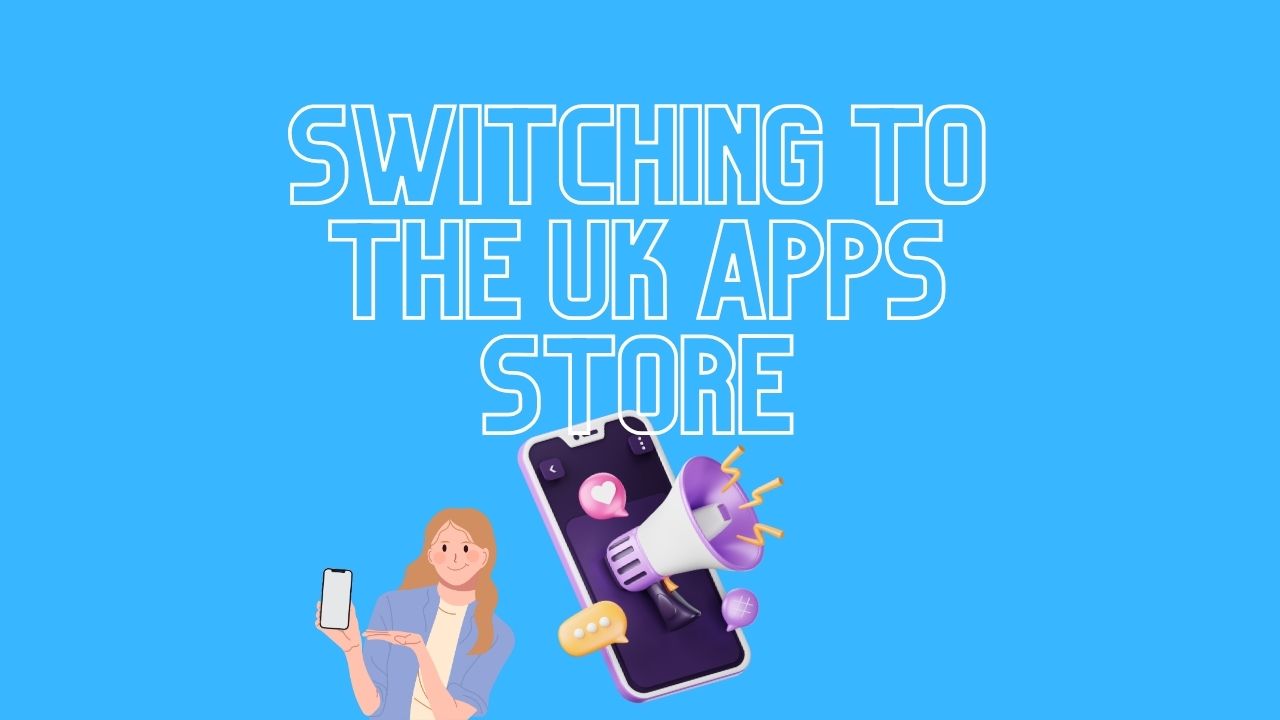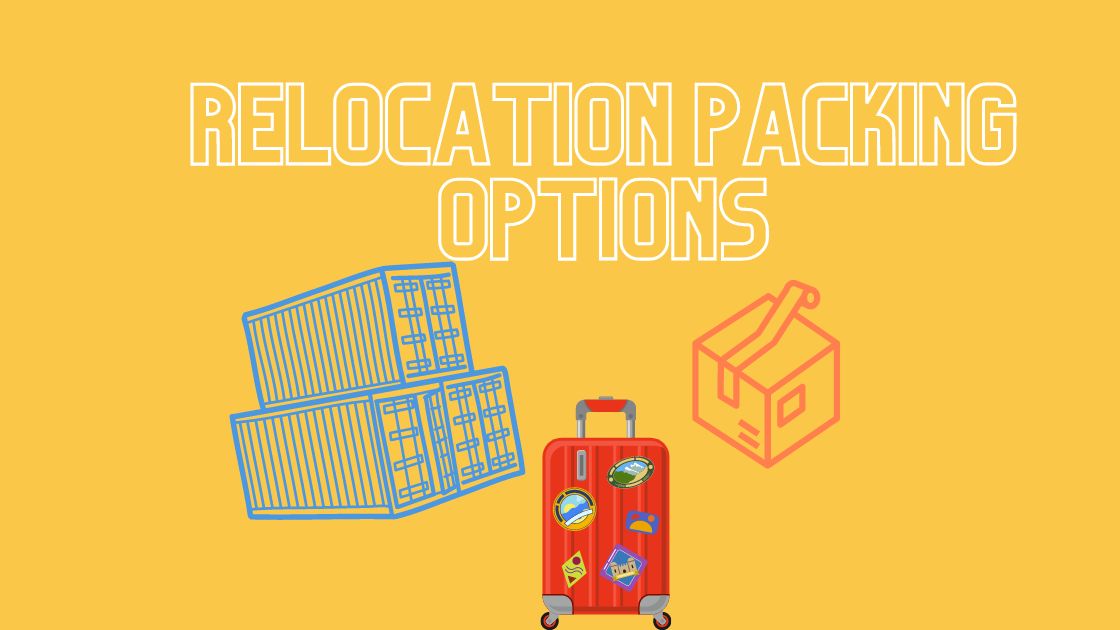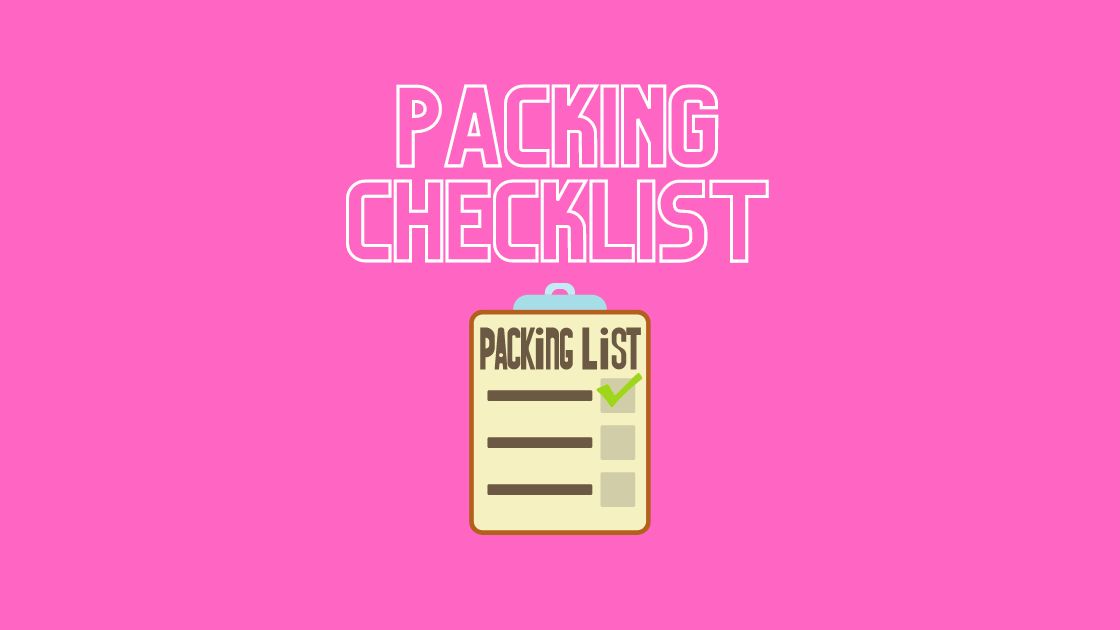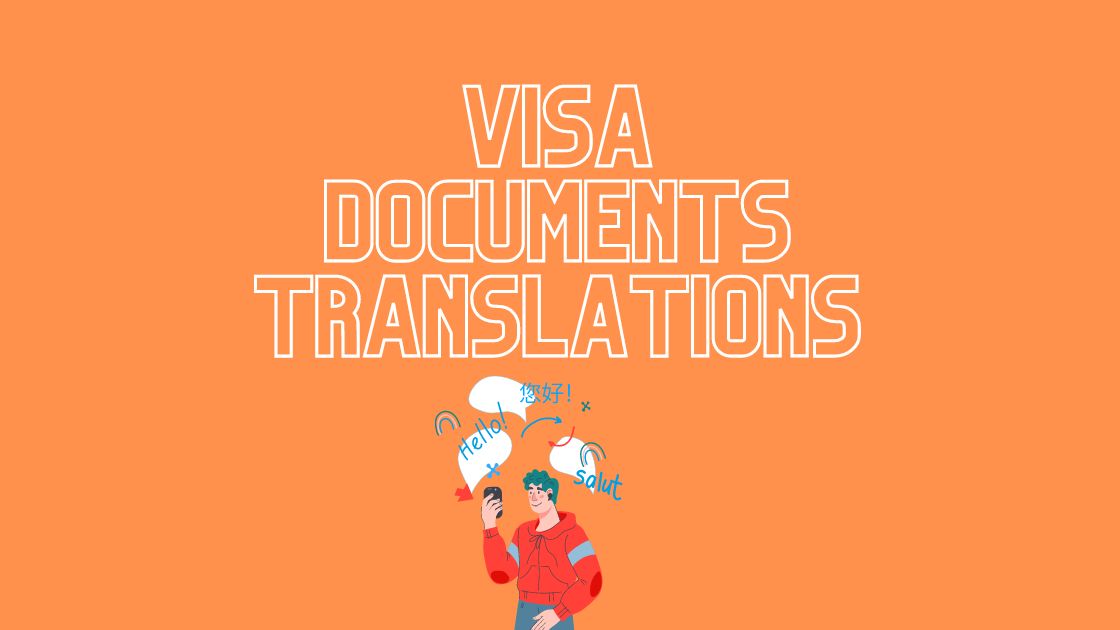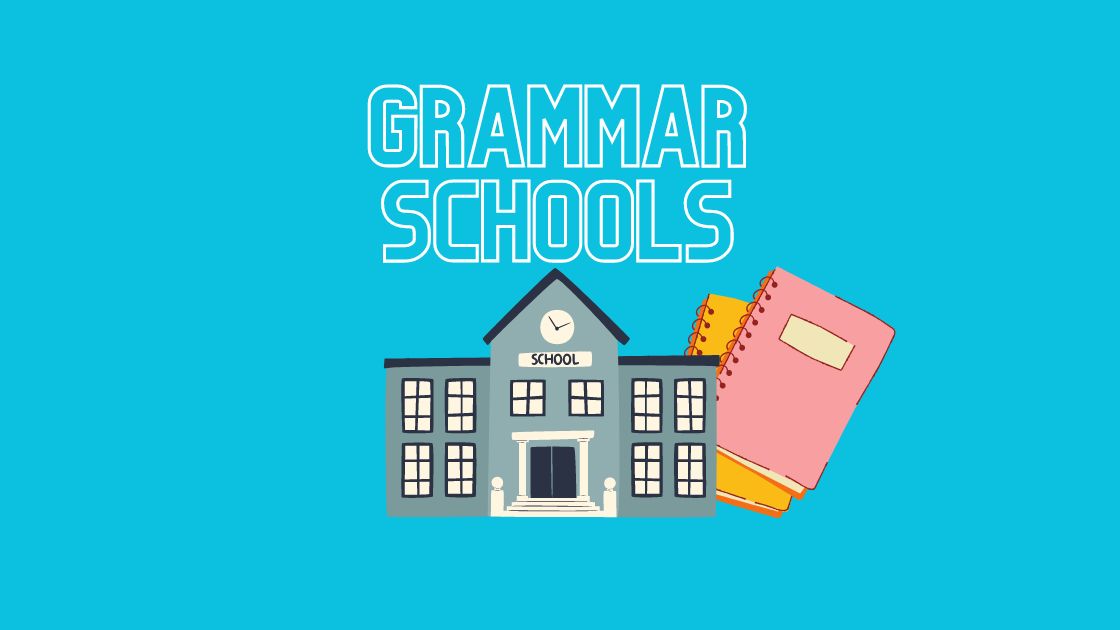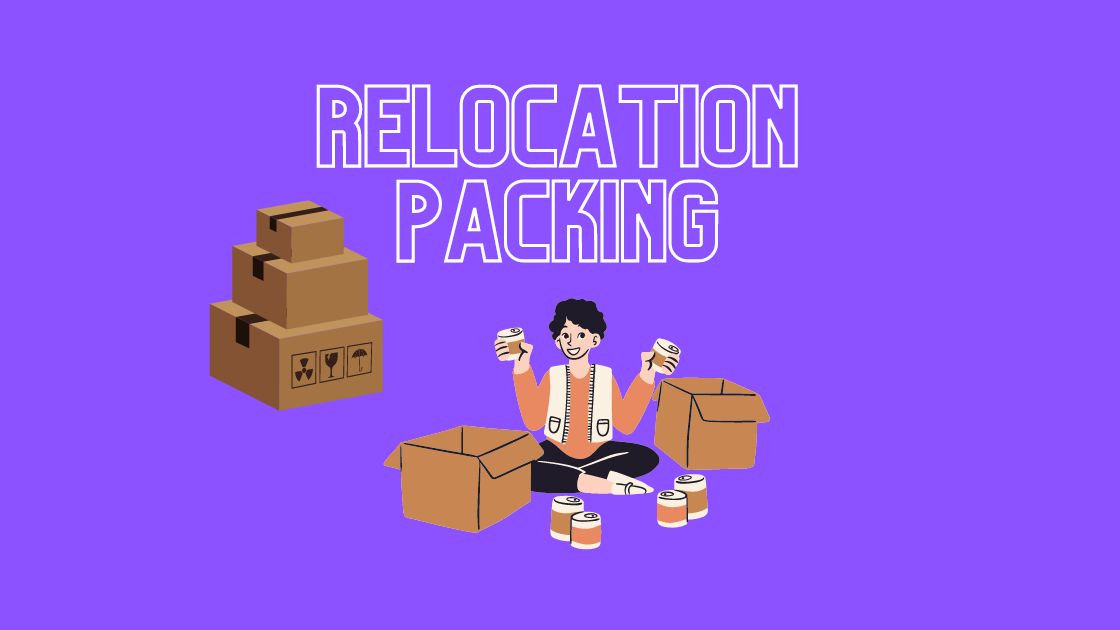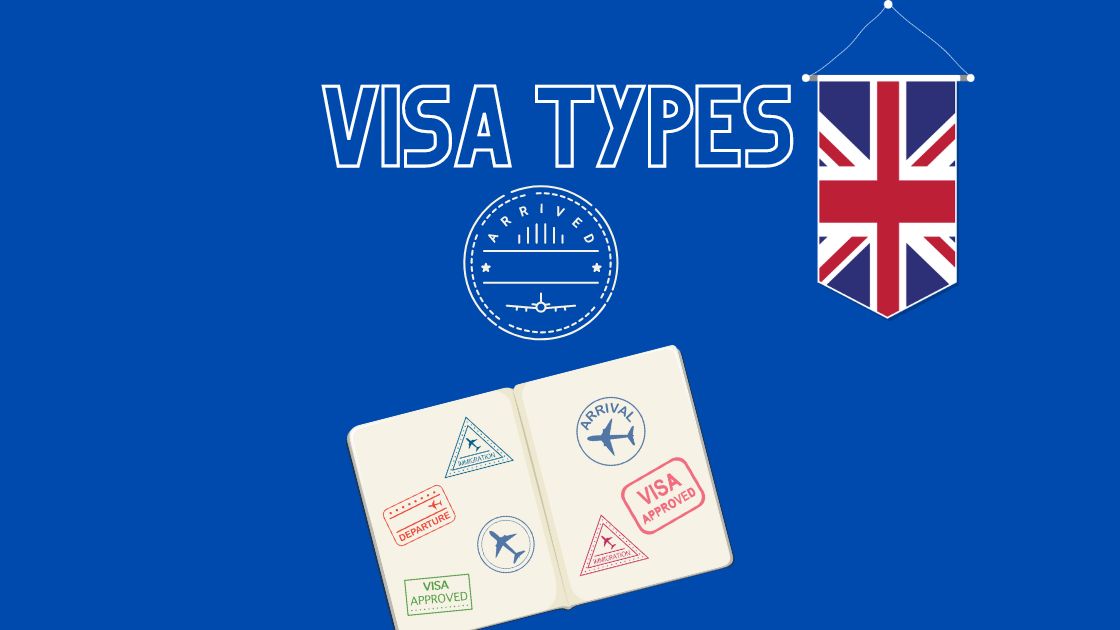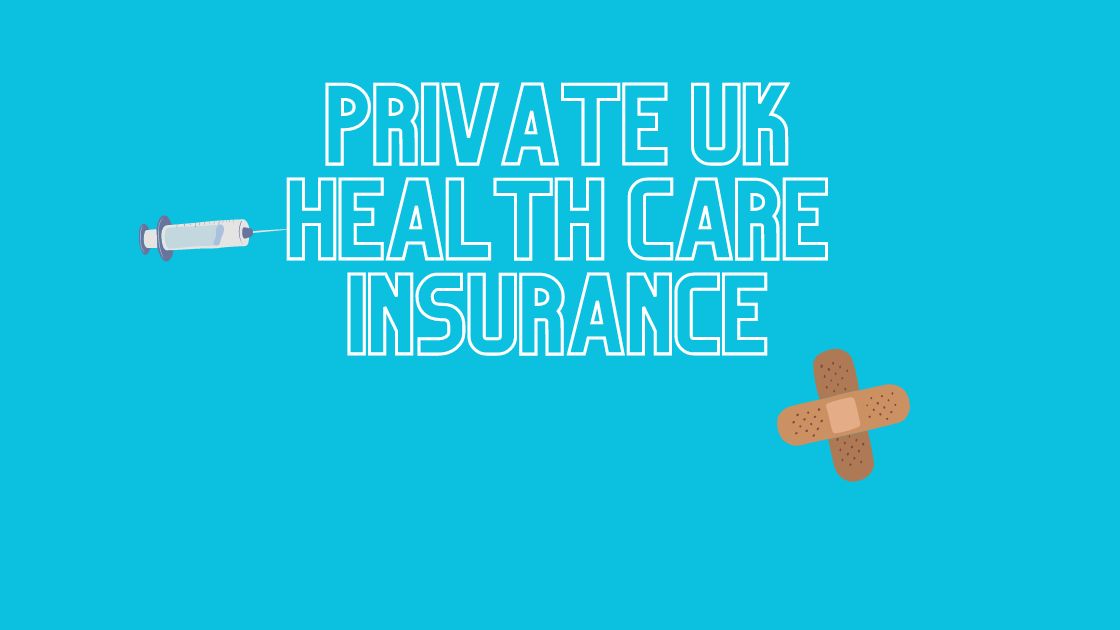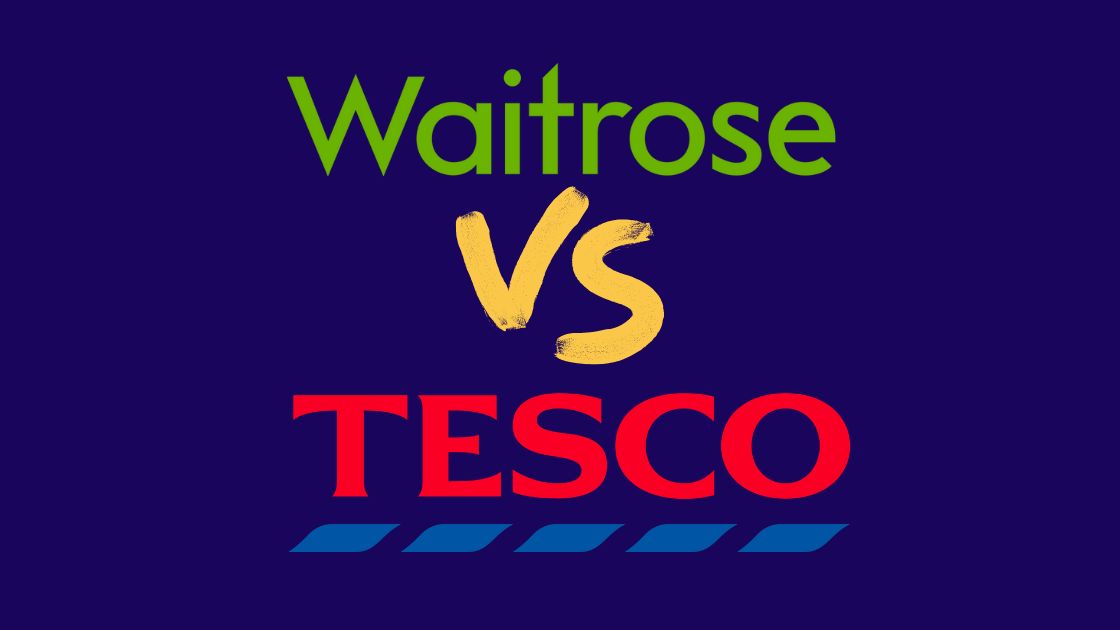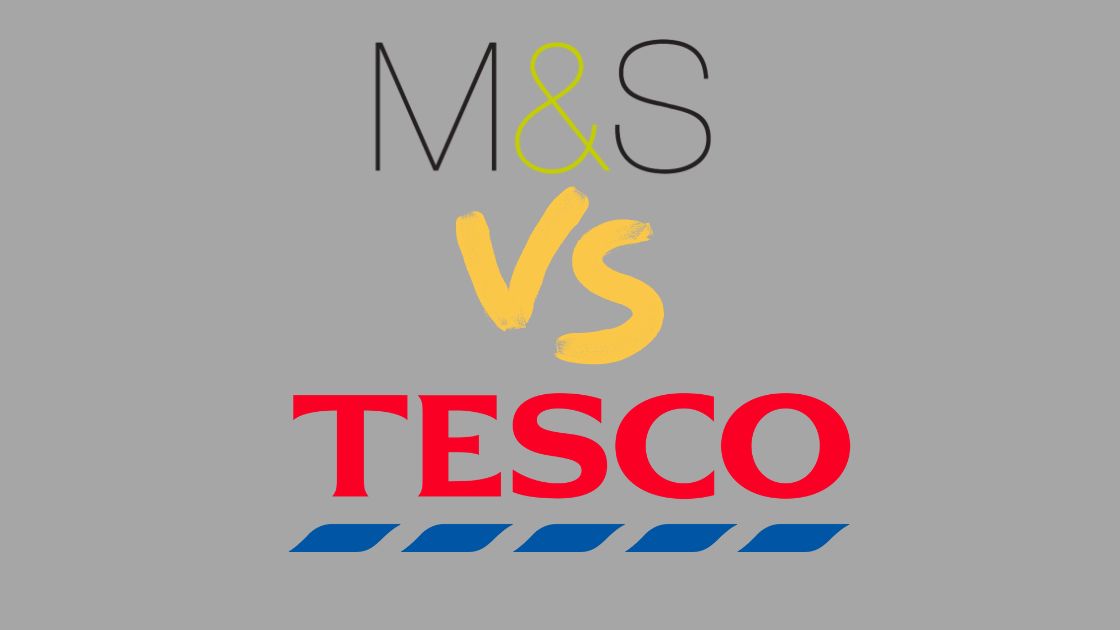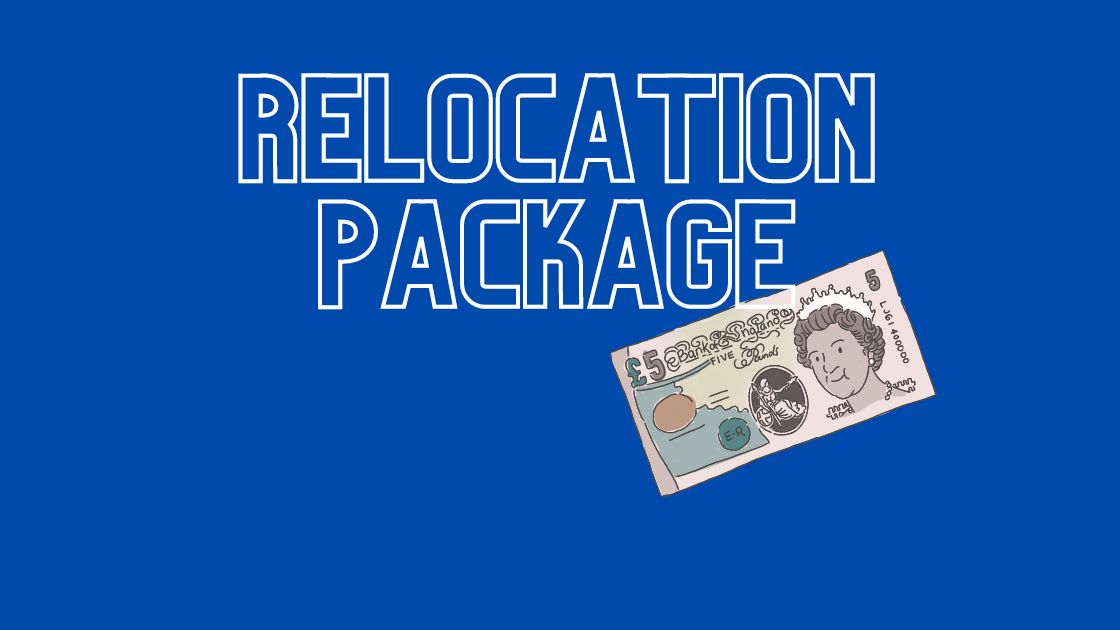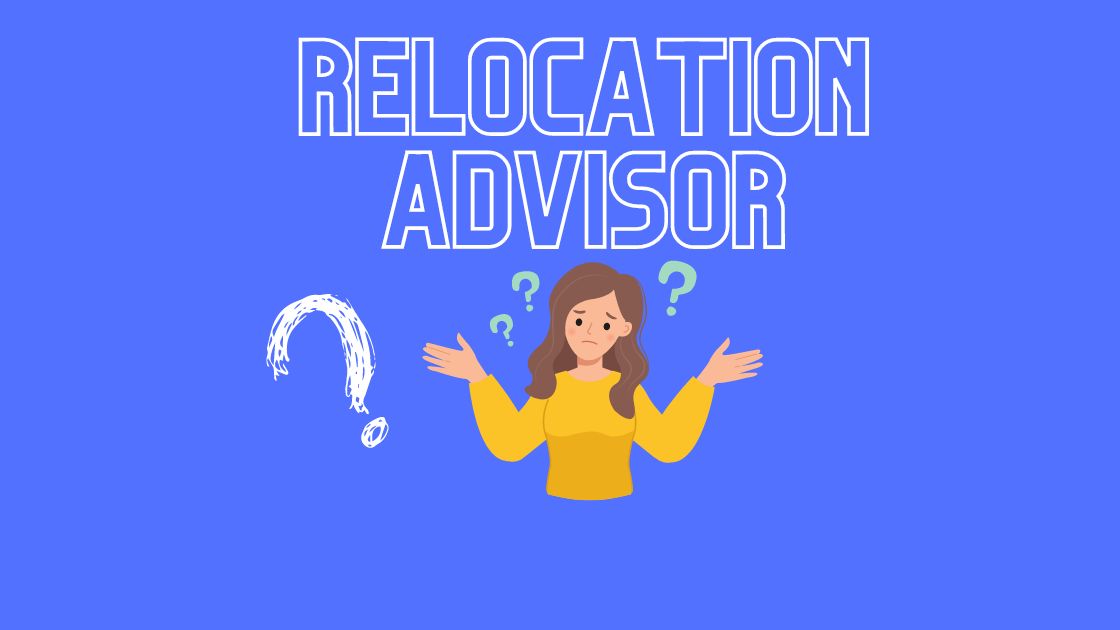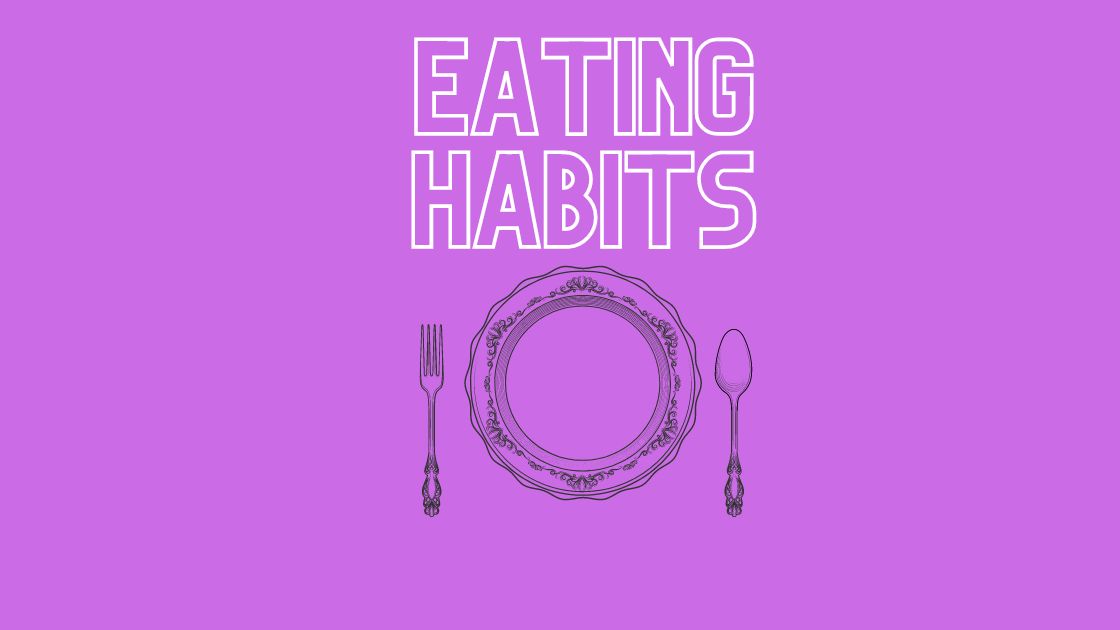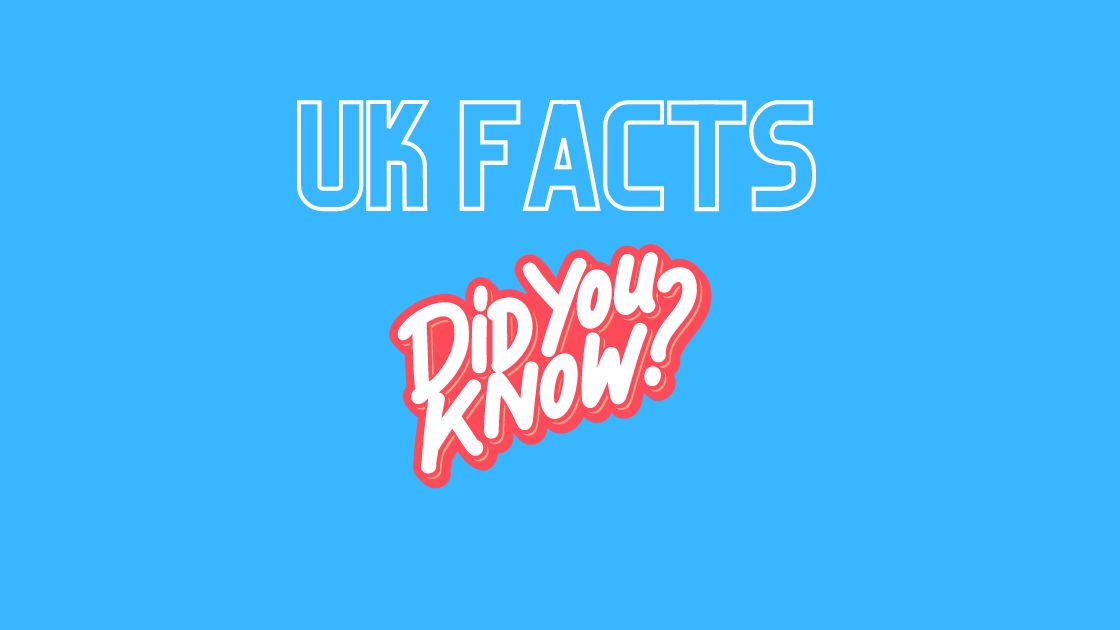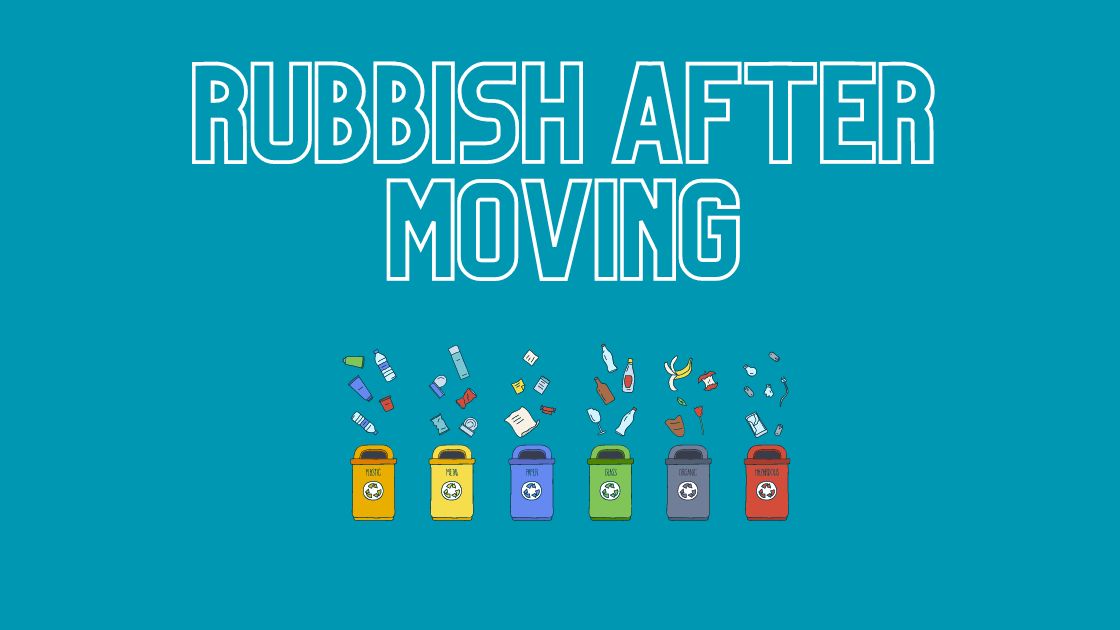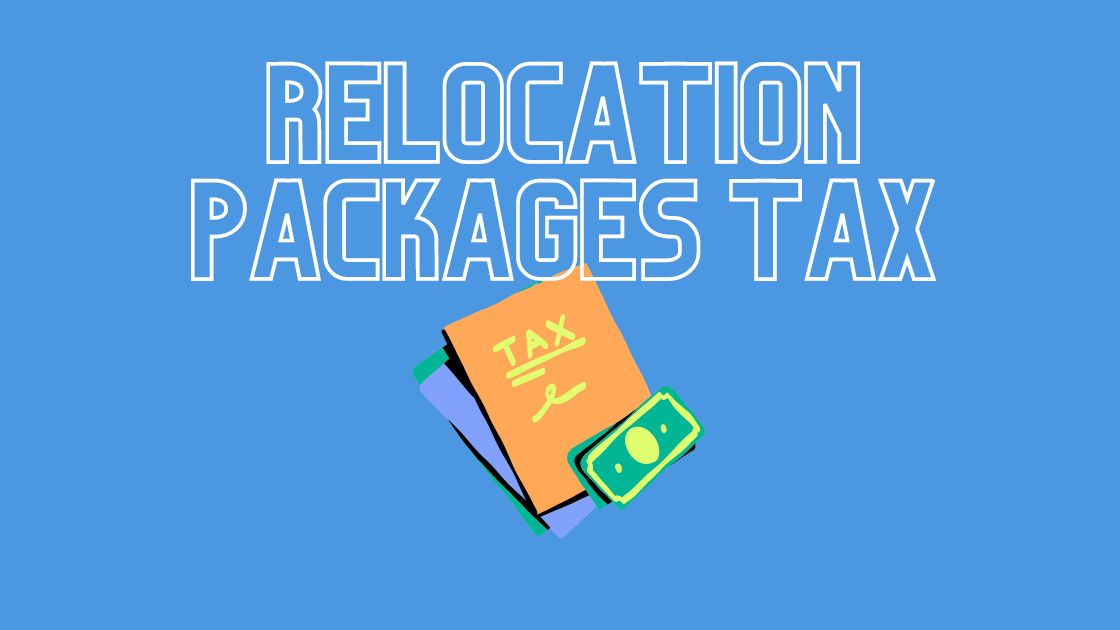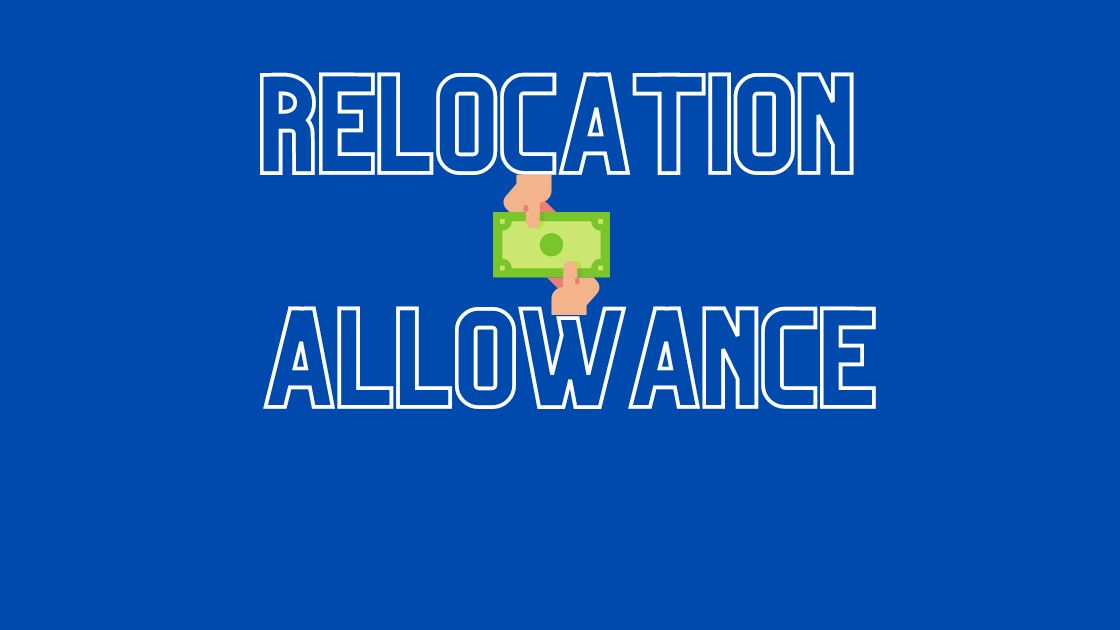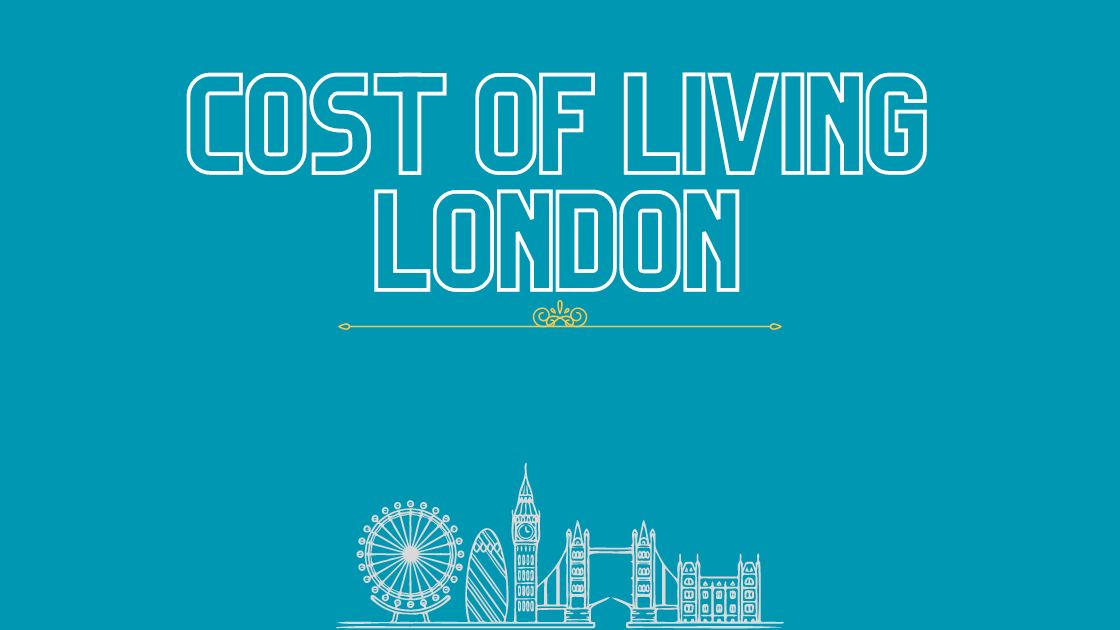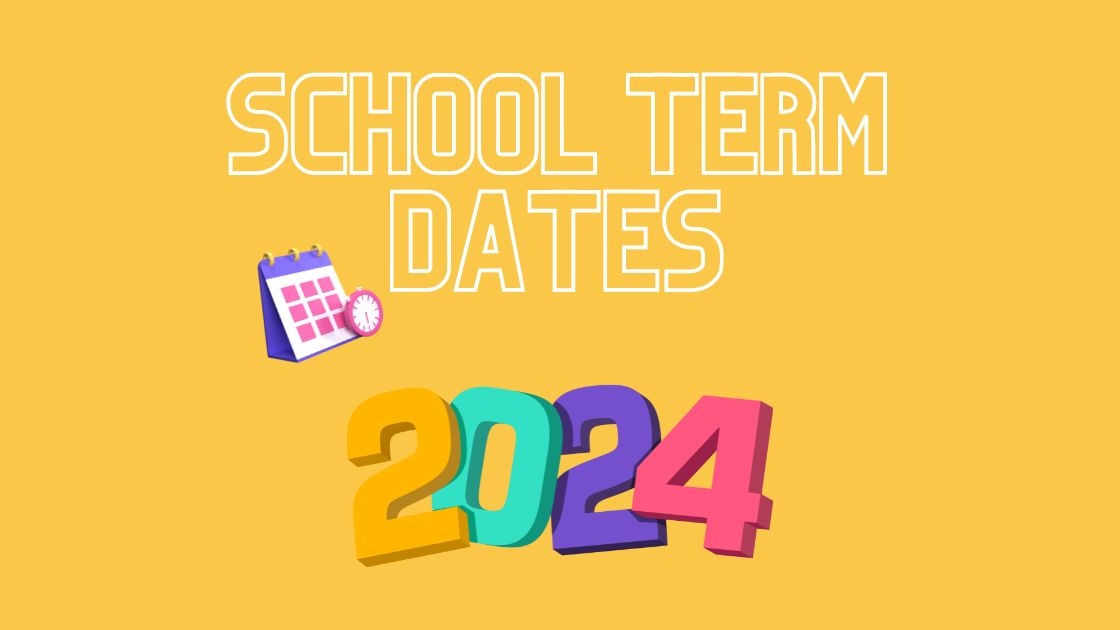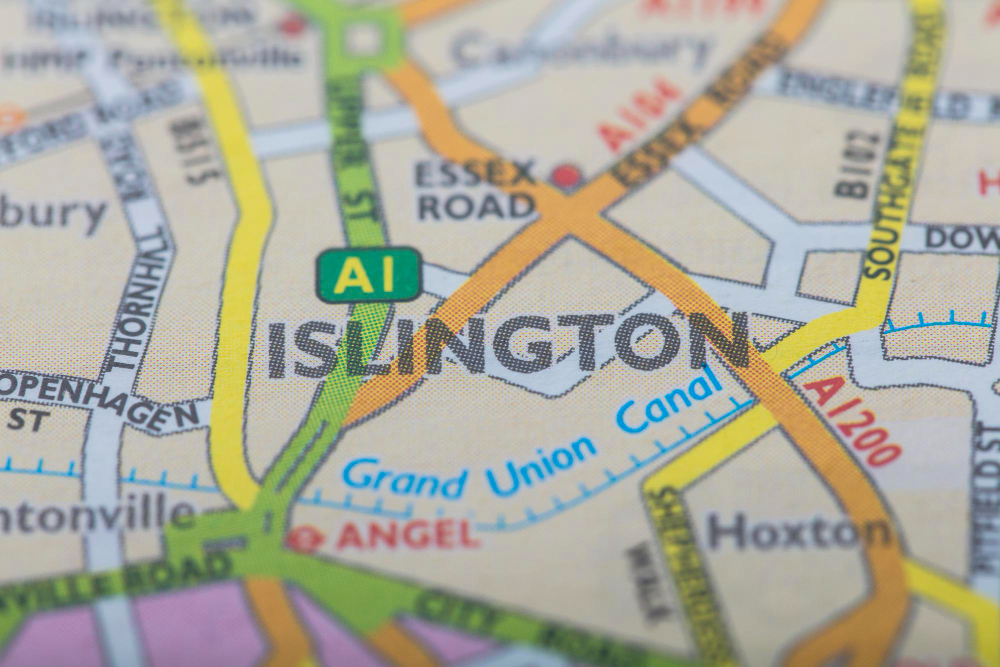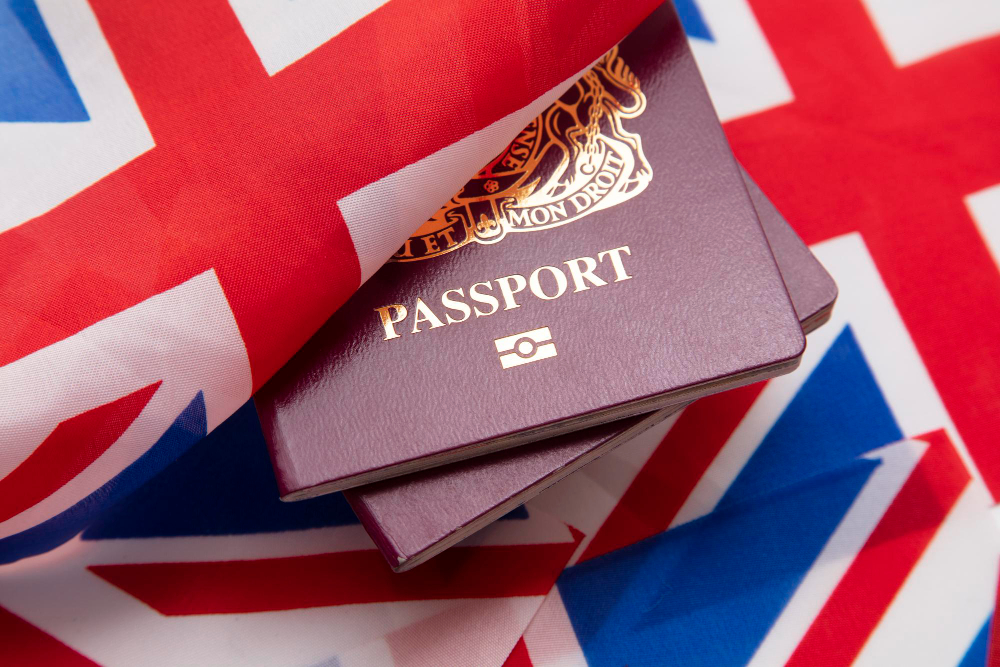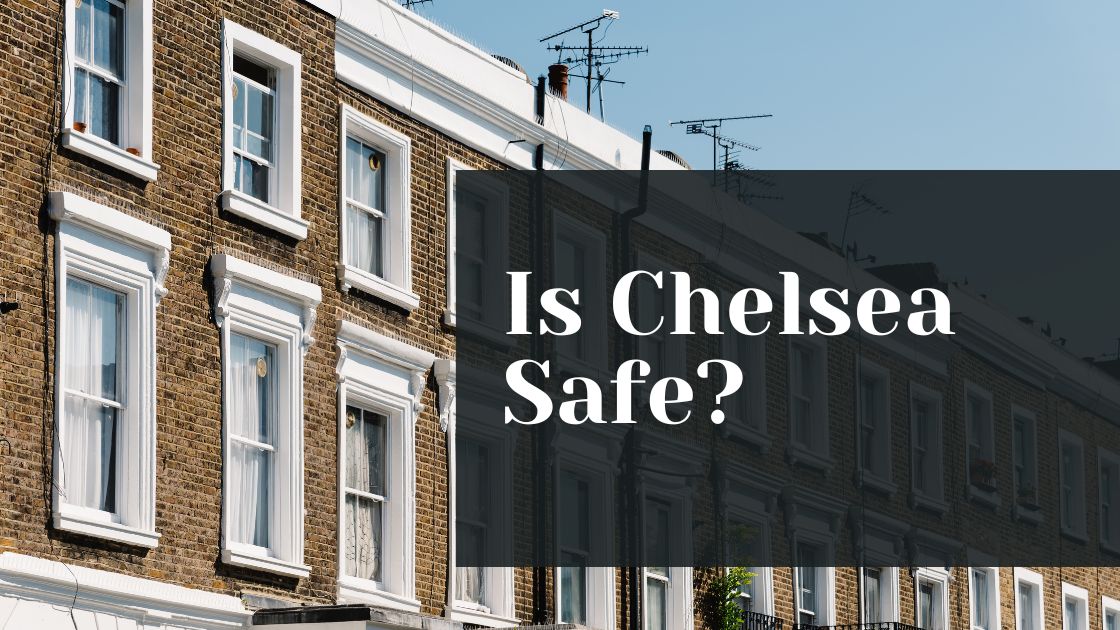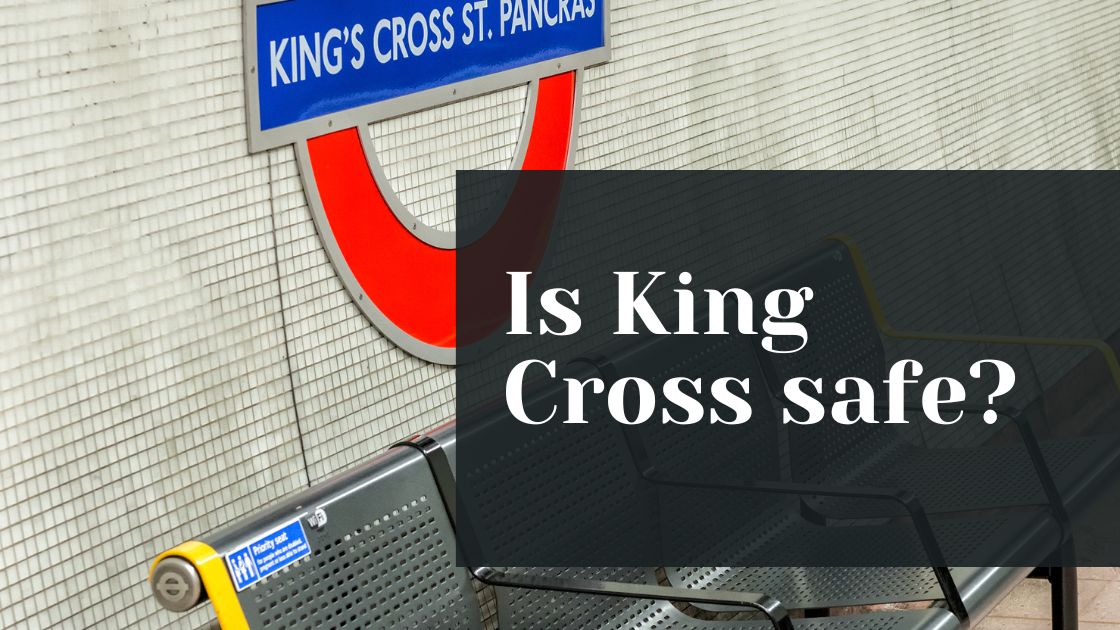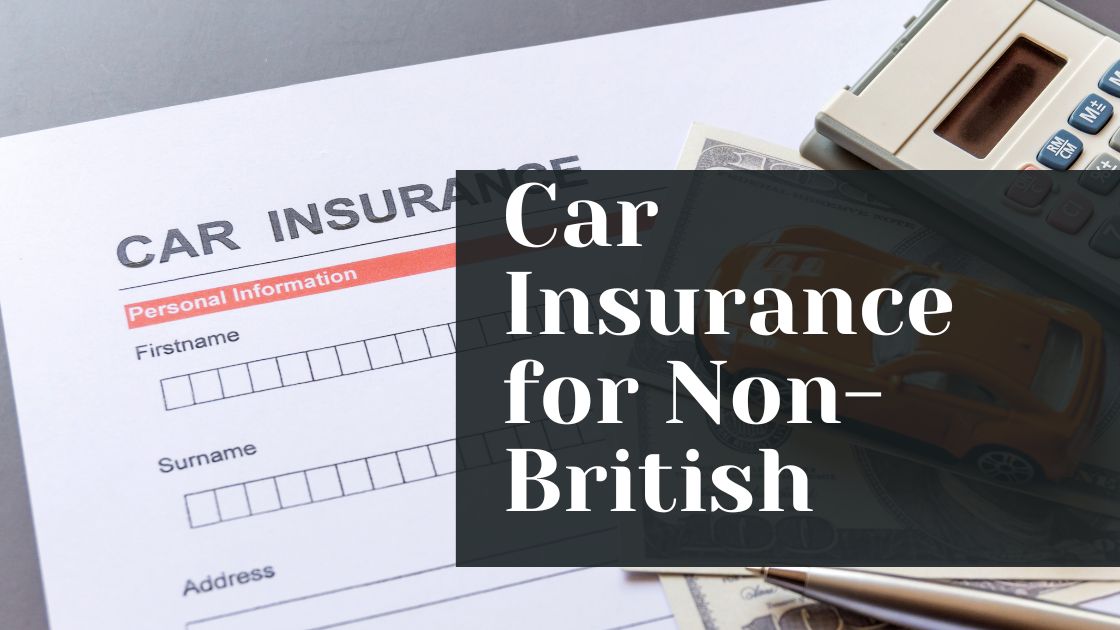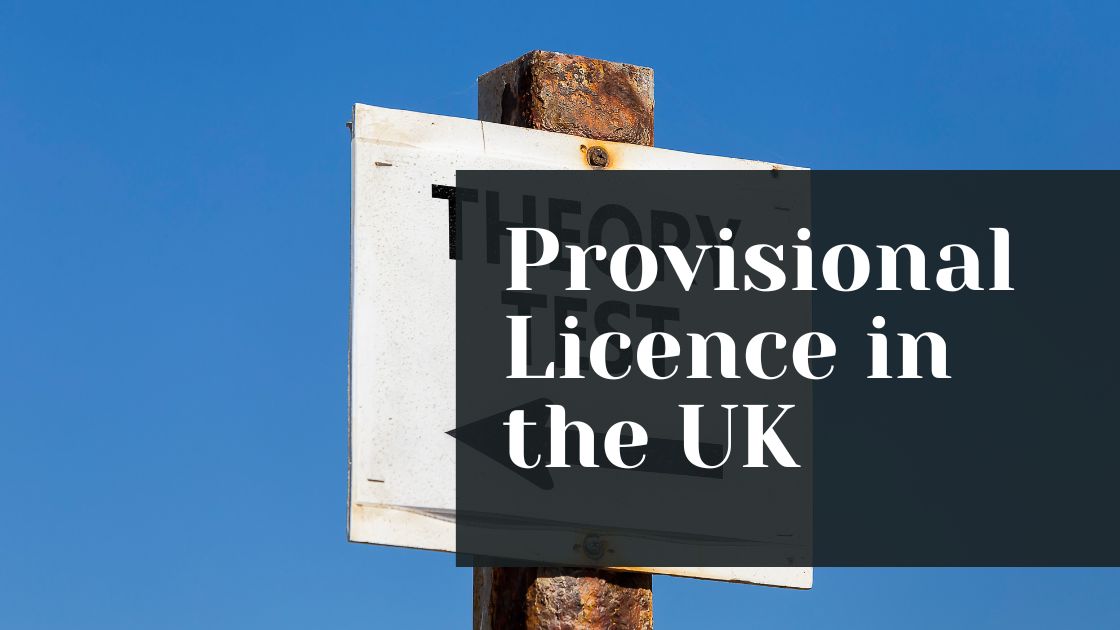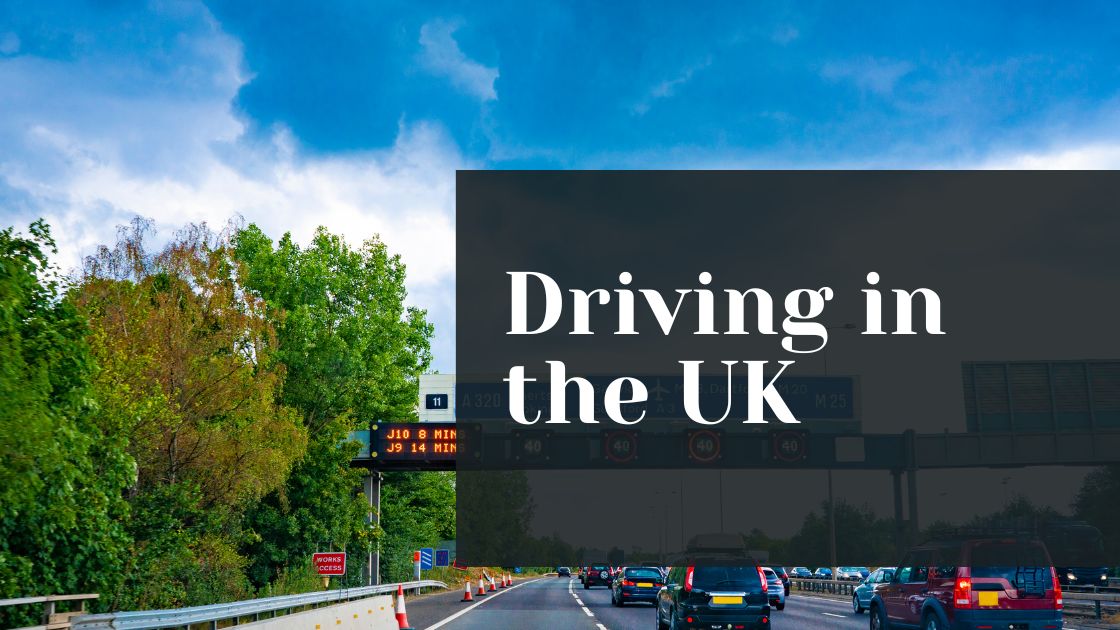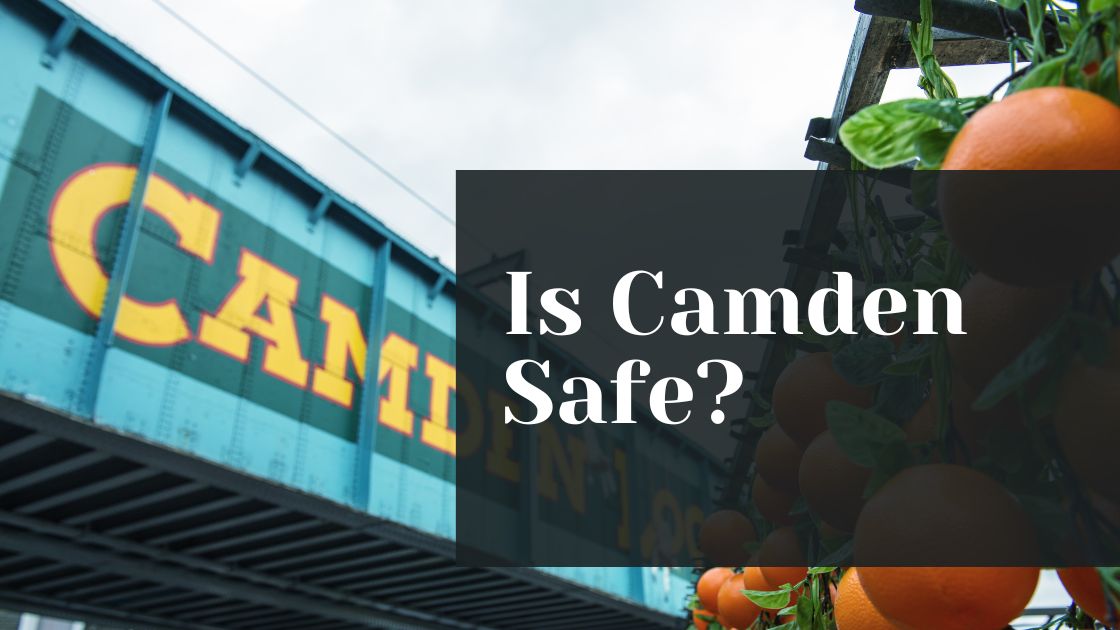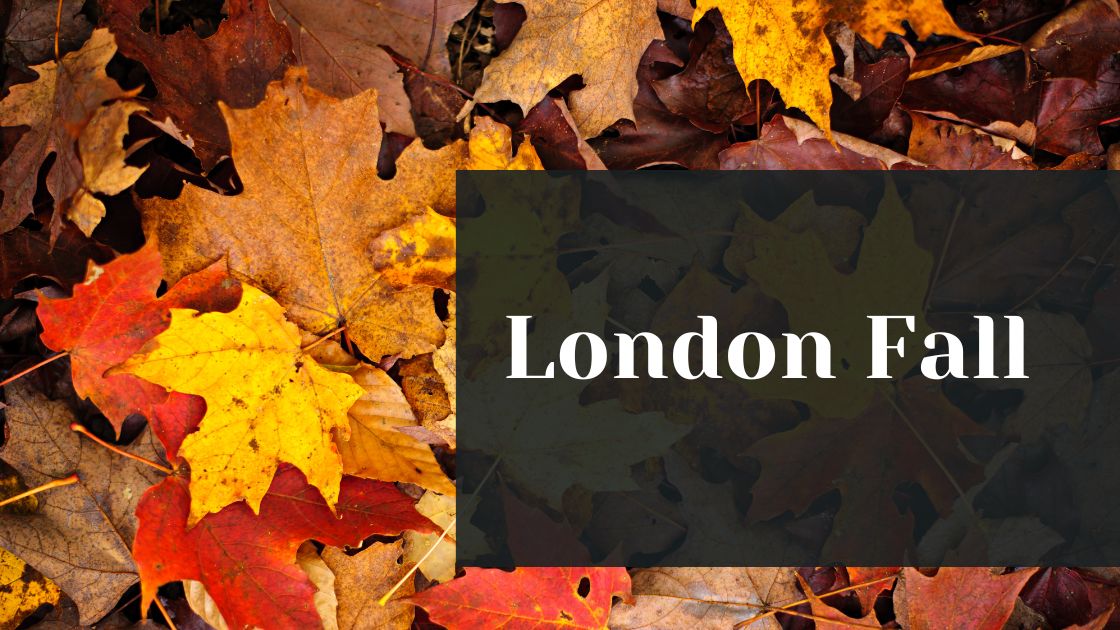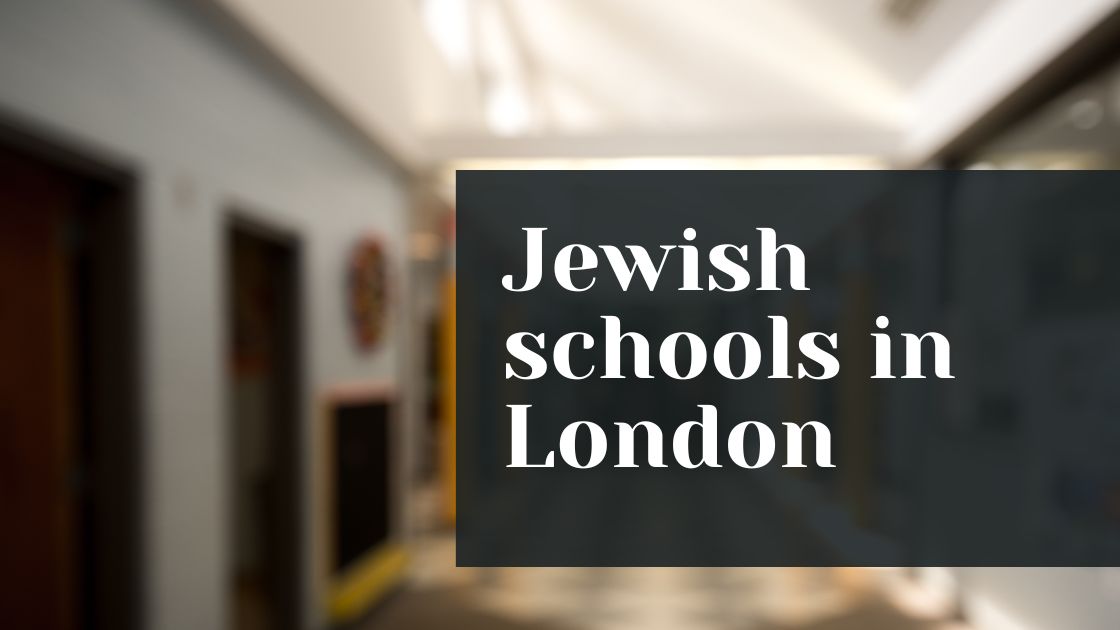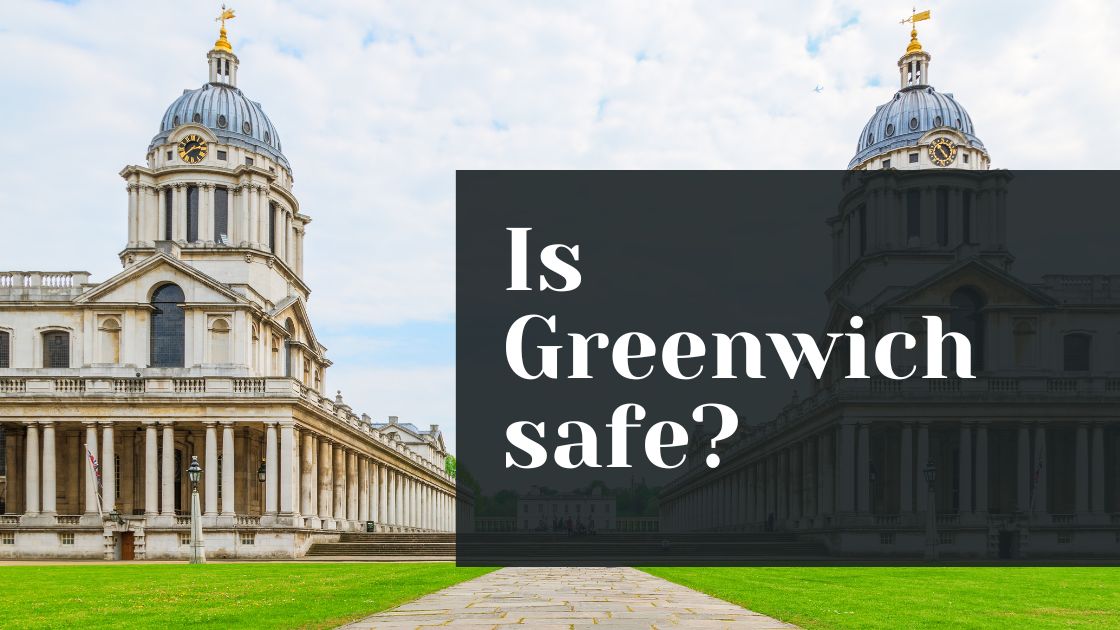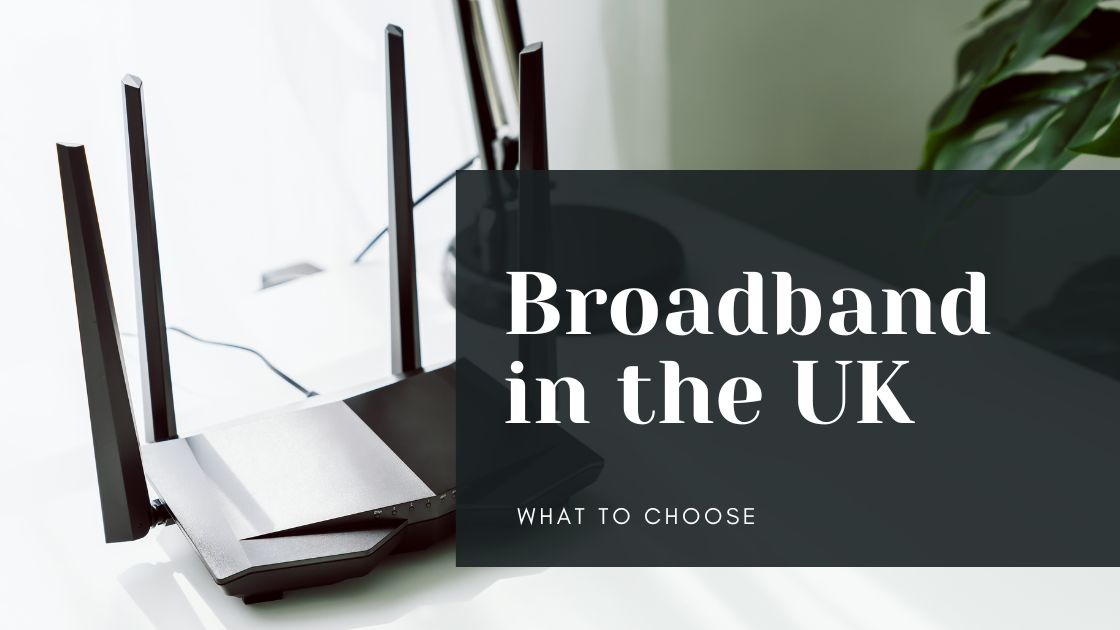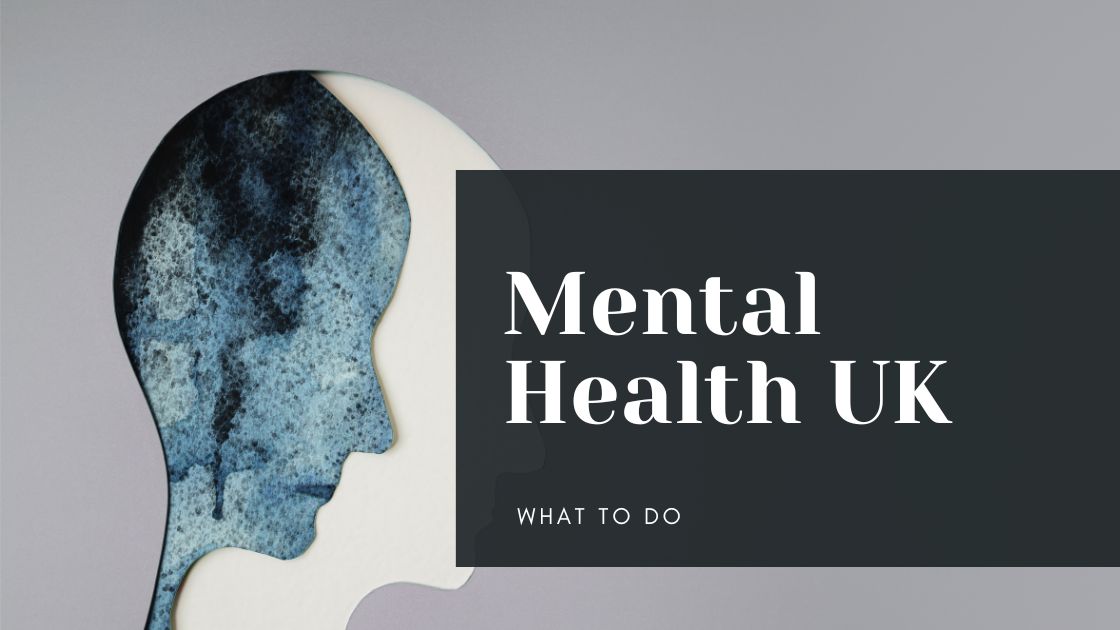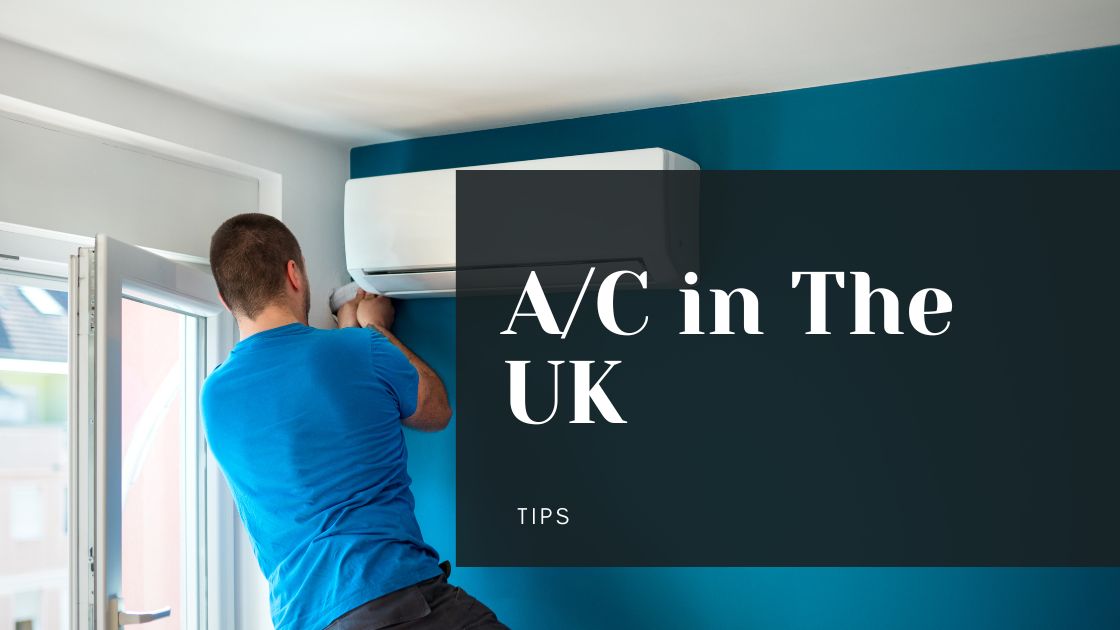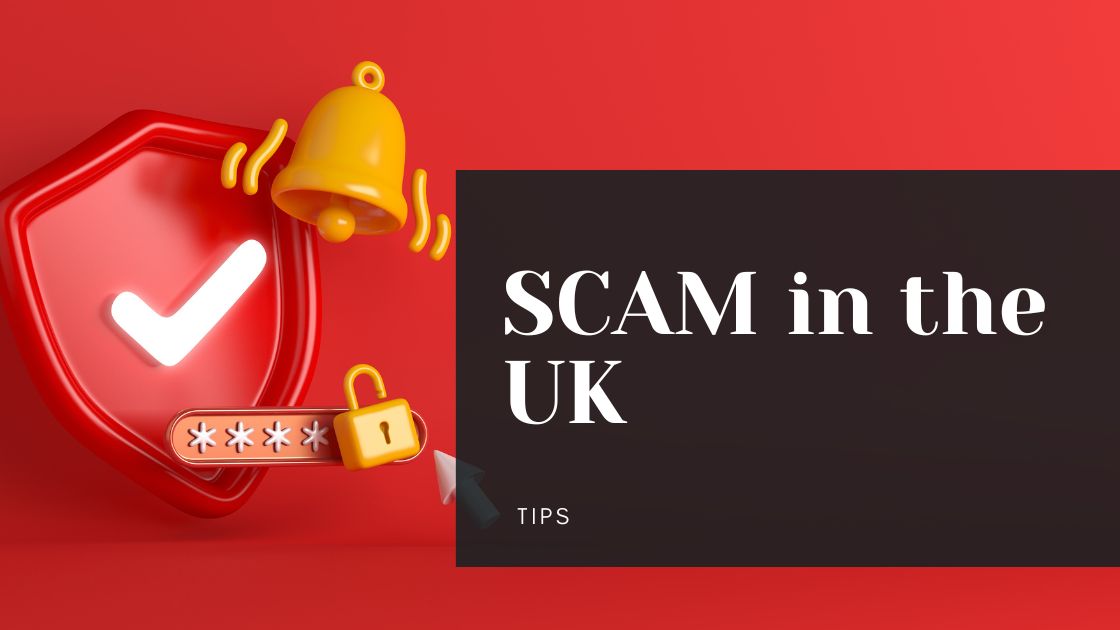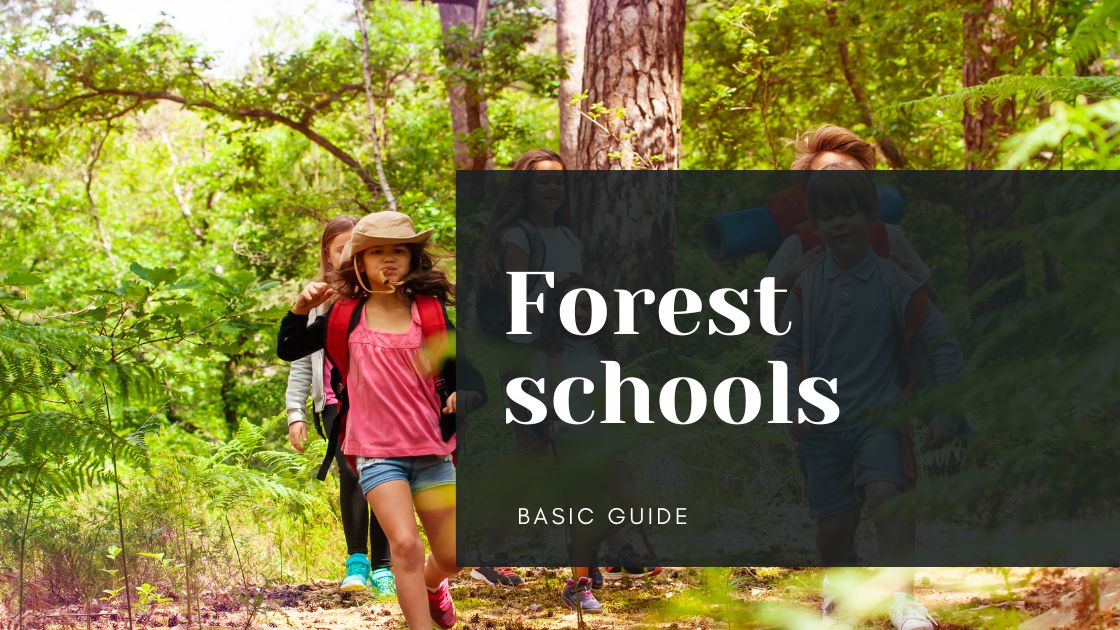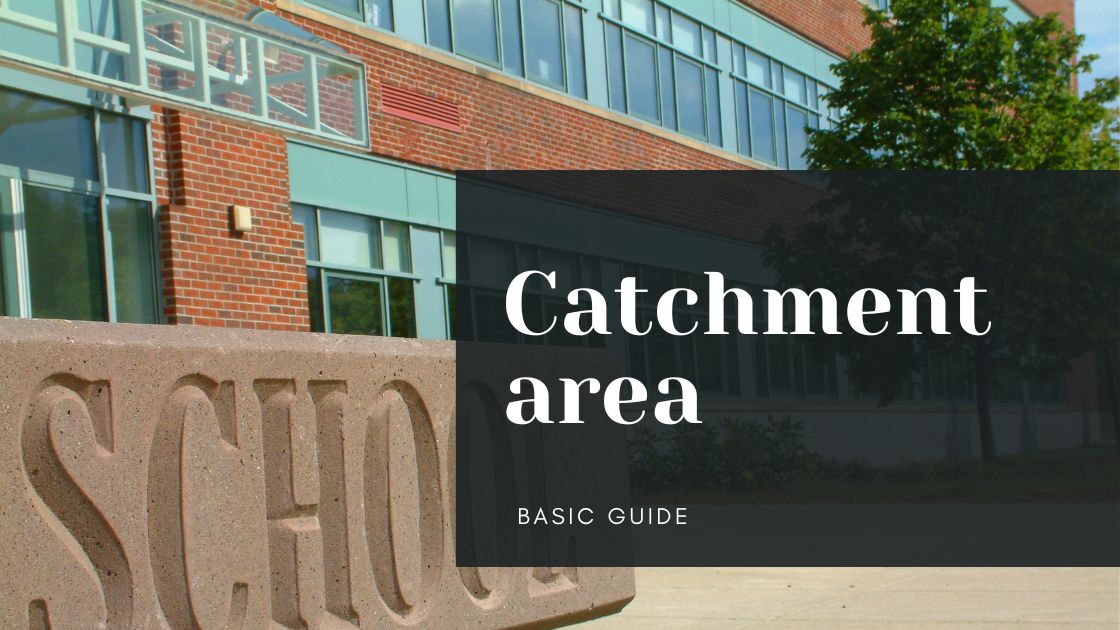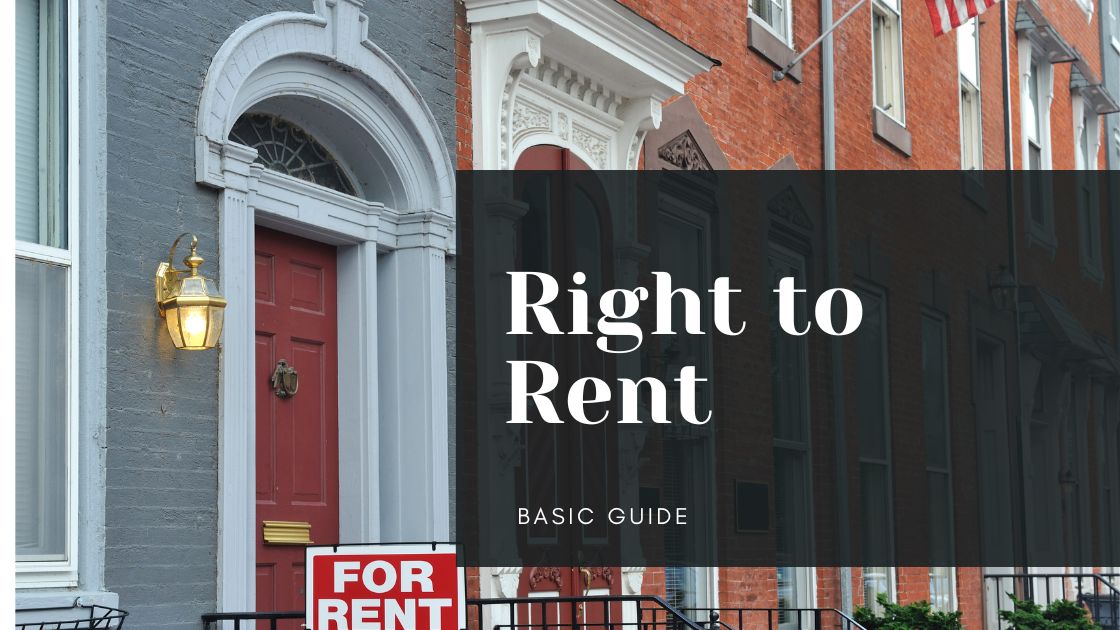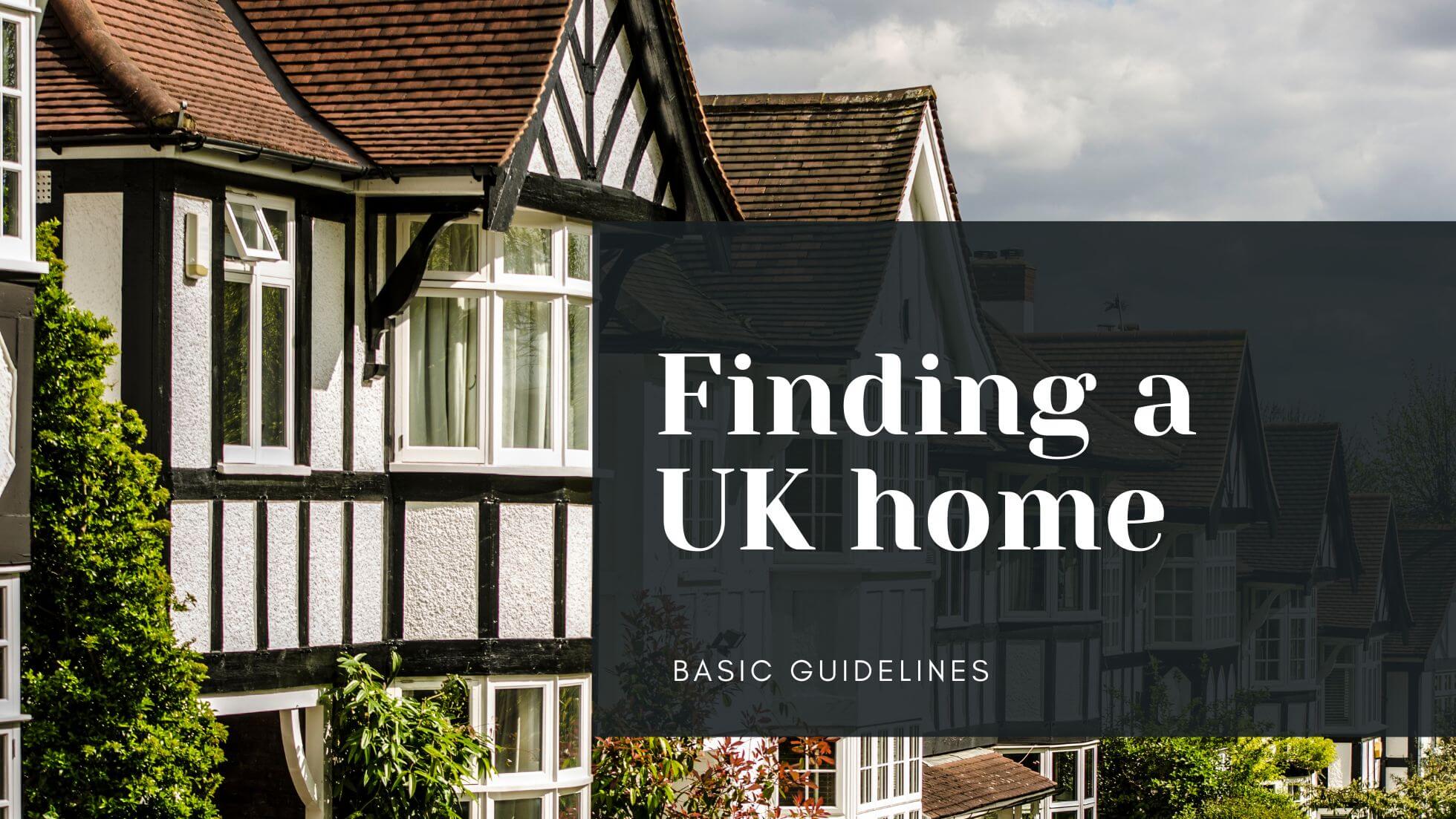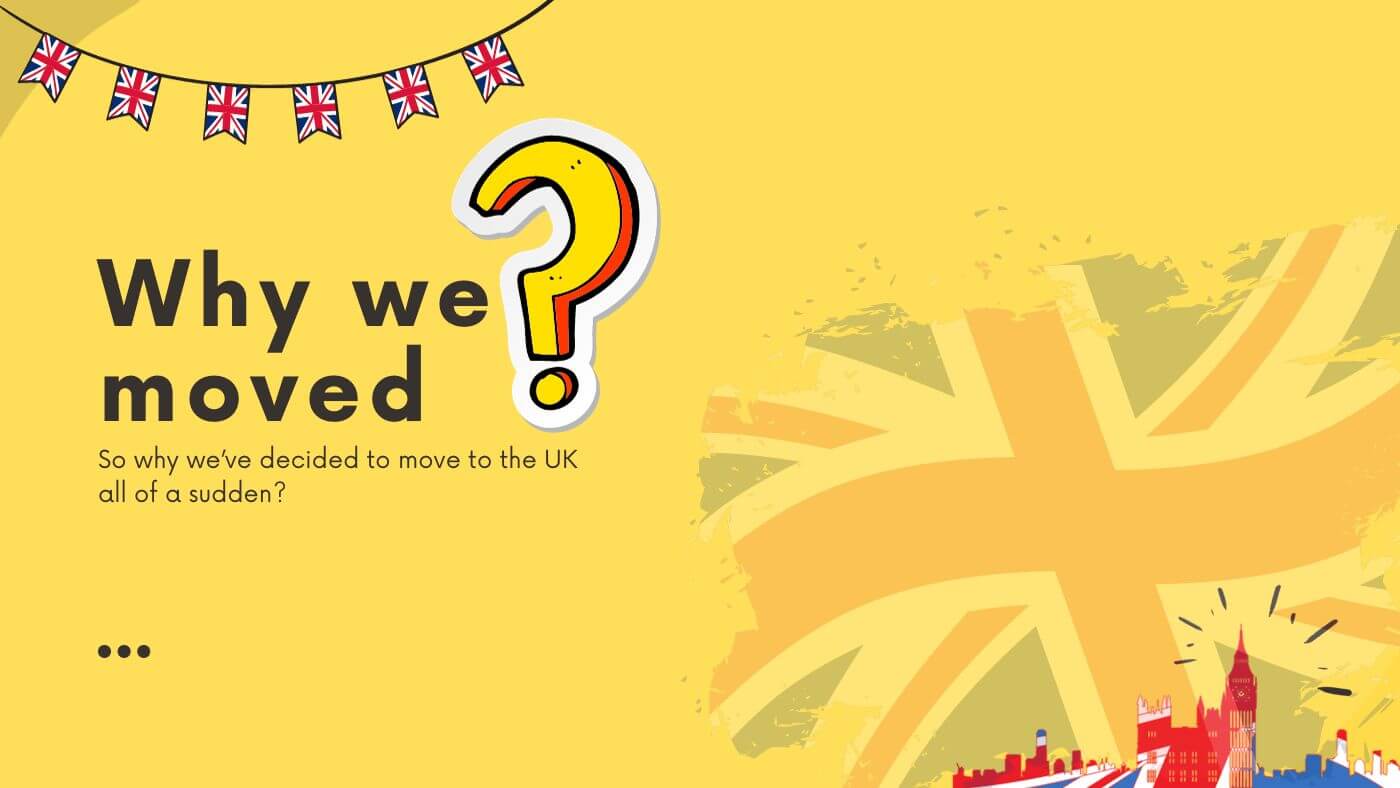Are you thinking of moving to the UK with your school-aged kids? If so, you’ve probably researched the UK education system and came across the term “free schools”. It’s an intriguing name for sure, but what does it mean?
In the simplest terms, these are free to attend independent, not-for-profit schools. They get state funding but aren’t under the control of the local council. They can decide how they run, their curriculum, and how long school days are. Knowing what free schools are opens up more choices for your kid’s education. These schools often have smaller classes, meaning your children could benefit from more personalised attention.
It’s quite an interesting option, isn’t it? Keep reading if you want to learn more about this UK schooling option.
Explaining Free Schools in the UK
A free school in the UK is an independent academy funded by the state but not controlled by a Local Authority. Usually, they are free to attend and are not for profit. That means most free schools are run by groups like:
- Community groups
- Faith groups
- Charities
- Universities
- Teachers
- Parents
- Businesses
These organisations and individuals want to improve the UK’s education system. You’ll find that they have more control over how they do things. For instance, they can set their own curriculum and not have to follow the national curriculum.
They can also decide the length of school days and terms, set their pay and conditions for staff, and have more control over their budget. They’re different from traditional public schools, aren’t they?
Origins of Free Schools in the UK
Free schools are a part of the reforms introduced by the Education Act 2010 during the coalition government. The idea was to give more freedom to teachers and parents, to let them shape education in their area.
It’s a way to raise standards and improve the quality of education. The first of these schools opened in 2011, and since we’ve seen a steady increase in their numbers. Currently, there are over 650 free schools open in the UK.
Initially, there was a bit of scepticism. Some were unsure about the idea of schools run by non-professional educators. But, over time, this model has shown that it can work. These schools have successfully provided high-quality education with high standards.
Today, free schools are a widely accepted part of the UK education system. They’re popular with parents keen on having more say in their child’s education. So, if you’re moving to the UK, these schools are a good option to consider for your children. I mean, who knows your kids better than you, right?
Key Features of Free Schools
One of the standout features of these UK schools is the curriculum autonomy. They are free to decide what they teach and how they teach it to meet their pupils’ needs. Teachers are allowed to personalise their approach to suit your child’s learning style, which will significantly benefit them.
This flexibility offers a range of benefits for your kids. For example, if your child is passionate about the arts, science, or a particular sport, a free school might shape its curriculum to nurture that interest. Your child might also study more innovative subjects not typically covered in mainstream schools.
Free schools can quickly adapt to changes in education or technology because rigid curriculums do not bog them down. That keeps your child’s learning fresh, exciting, and relevant to the world they will grow up in.
Types of Free Schools
As you can see, the main draw of these schools is the freedom and flexibility they offer. But that isn’t reflected just in the learning style and curriculum. There are also different types of free schools which suit different kinds of students, such as:
- All-through Schools. They are a great option if you want consistency for your child. They admit kids aged 4 to 18, meaning your child can stay in one place throughout their education. You won’t have to worry about the fuss of switching schools or the stress of your child adjusting to a new environment.
- 16-to-19 Schools. They are perfect if you have older children serious about specific subjects. They specialise in one or two areas and let the child focus and excel in what they love.
- Special Free Schools. They are a good option for families with kids who have special educational needs. They provide specialist support tailored to your child’s needs. The staff can give your child the best possible education in an environment that understands and supports them.
- Alternative Provision Schools. They are for children who can’t attend mainstream schools for various reasons, such as illness or behavioural issues. These schools provide a safe, supportive learning environment where your child can continue their education at their own pace.
Advantages of Free Schools
Free schools offer parents a bigger say in their child’s education. You get to be more involved, which is always a pro. They often use teaching methods that push the boundaries and help kids learn in ways that suit them best. The learning environment best suits your child’s needs. If your child learns best in small groups or needs a quiet space to focus, free schools make that happen.
Criticisms of Free Schools
Free schools also have their fair share of criticisms. You might hear whispers about inconsistency, and there’s truth to this. Some free schools are smashing it out of the park, while others, well, not so much. Also, with the liberty to choose their curriculum, some schools might leave out key subjects your kid needs.
Your Freedom to Choose
A brilliant option for your children, free schools offer a unique approach to education, tailor-made to suit individual needs. You’ve heard about their flexibility, commitment to high standards, and focus on parental involvement.
Now it’s your turn to weigh up the benefits. Choosing a school is a big decision, but don’t rule out free schools just because they’re different. These schools might be what your family needs.

